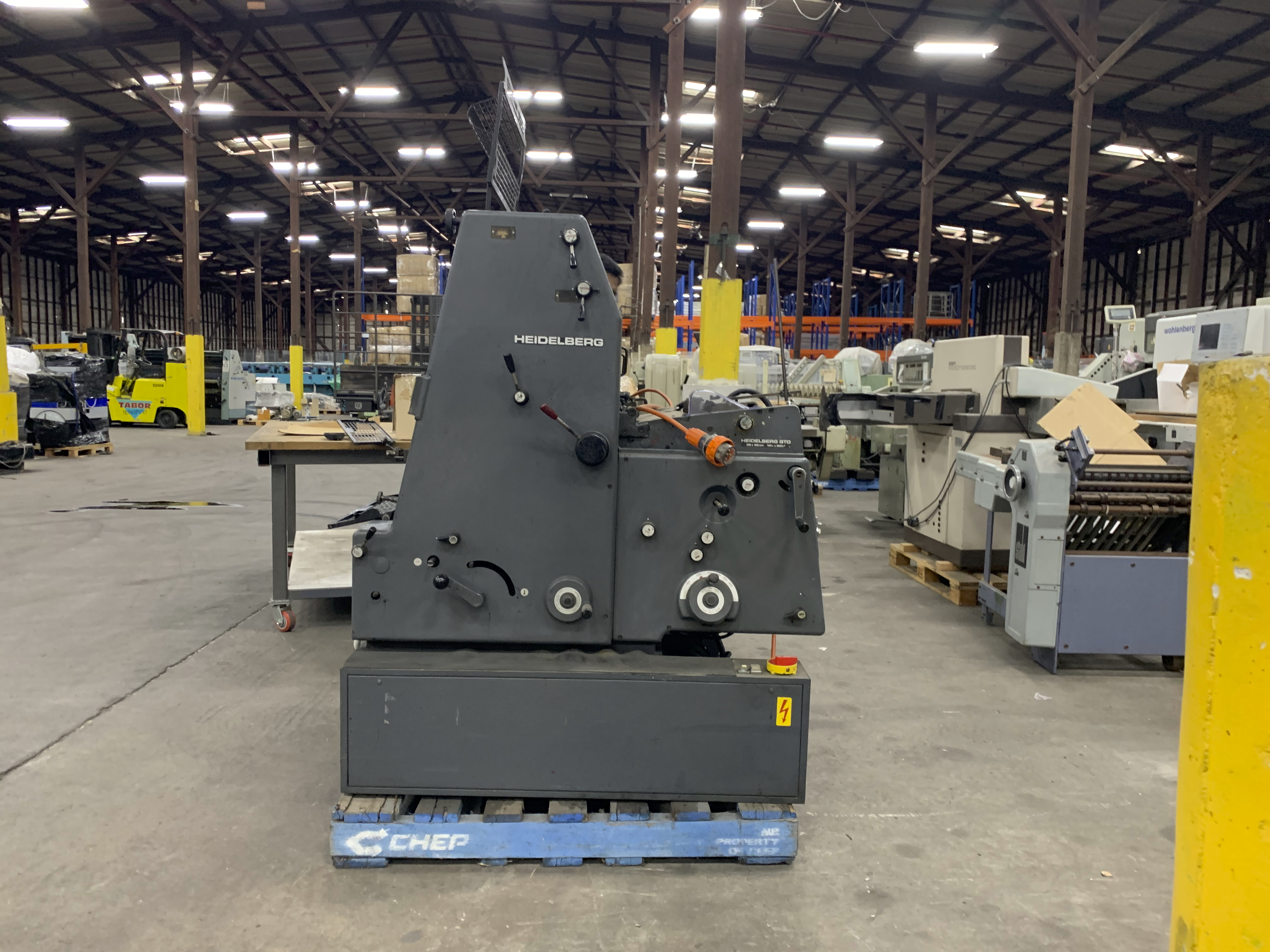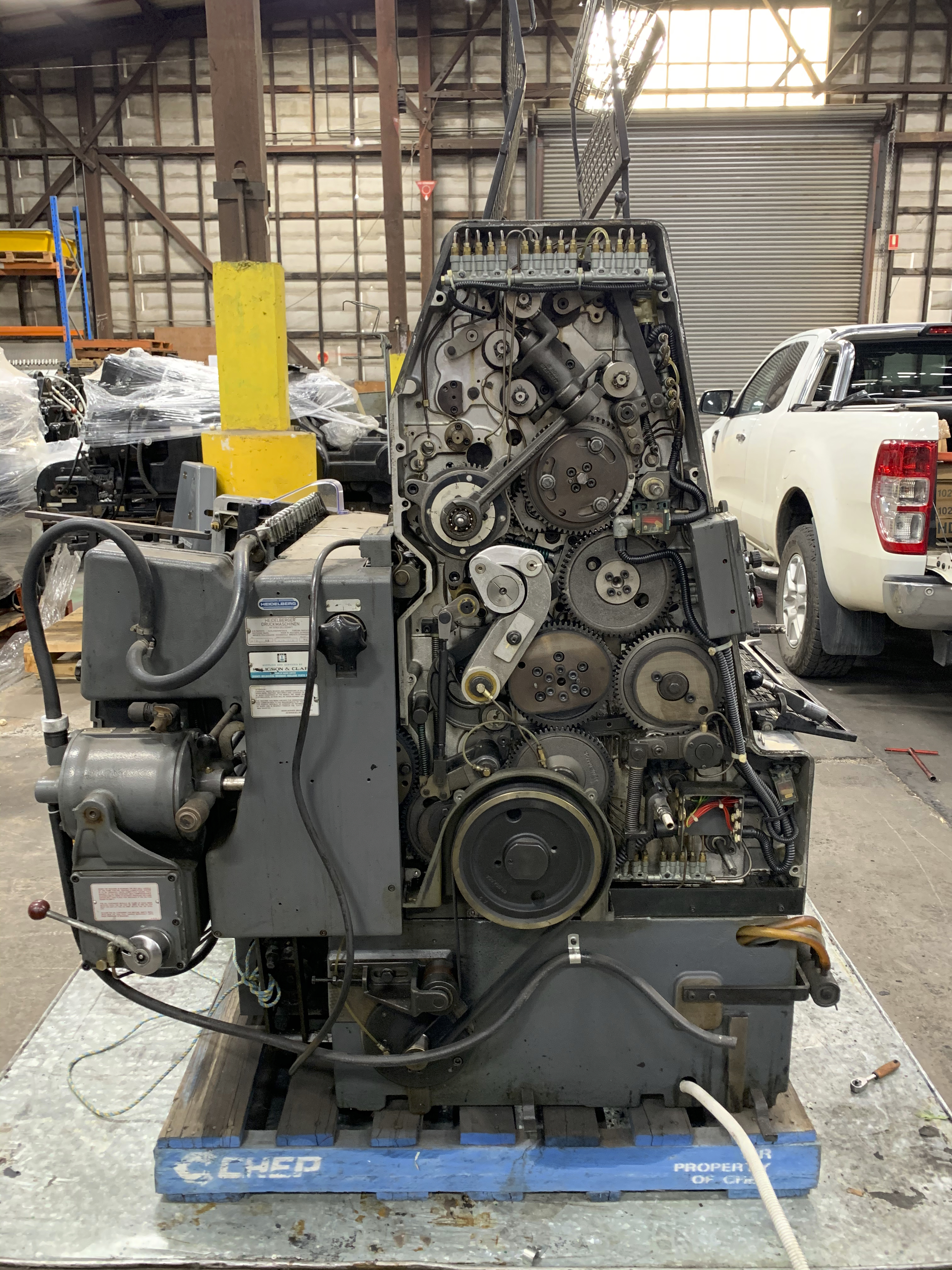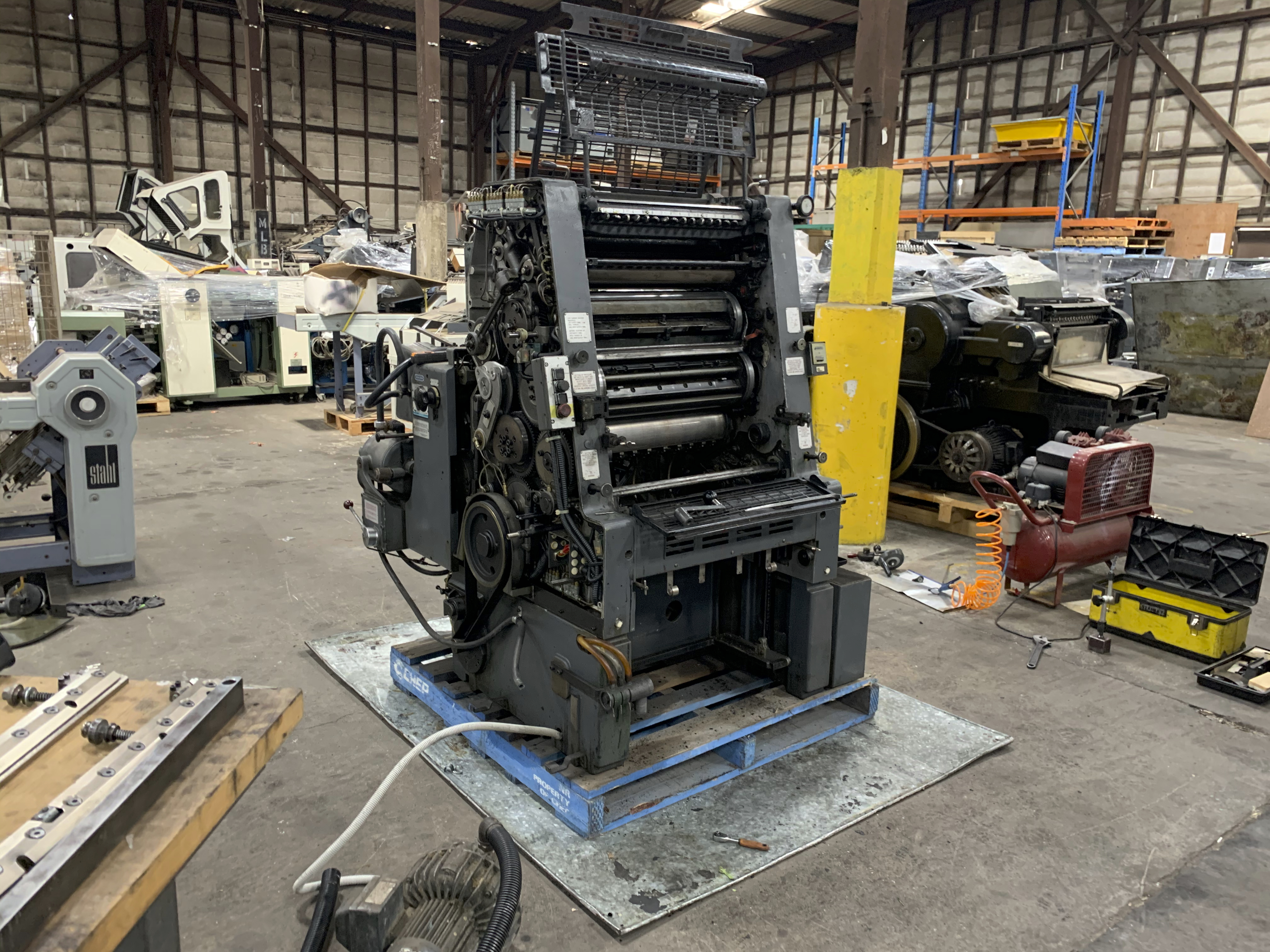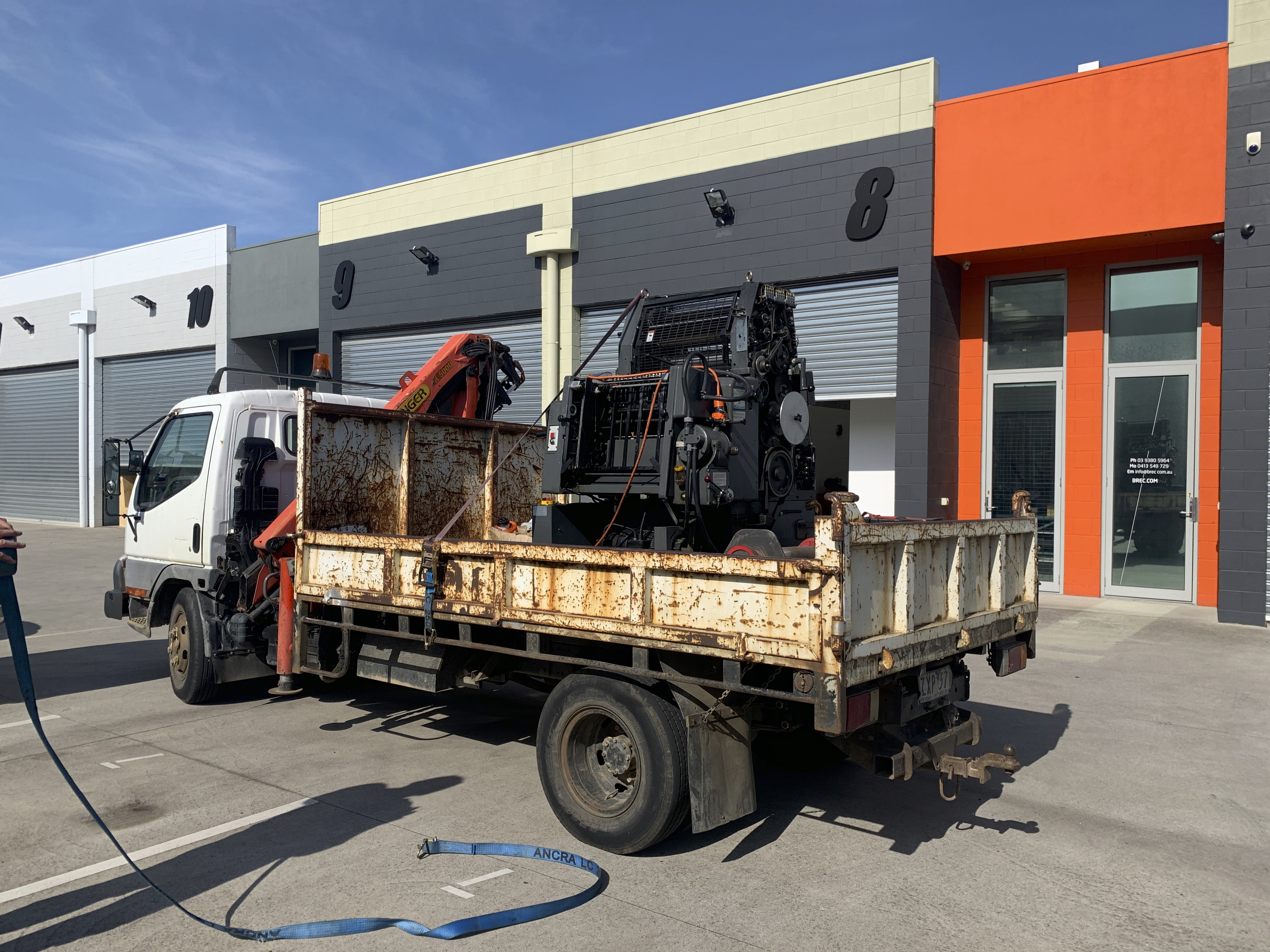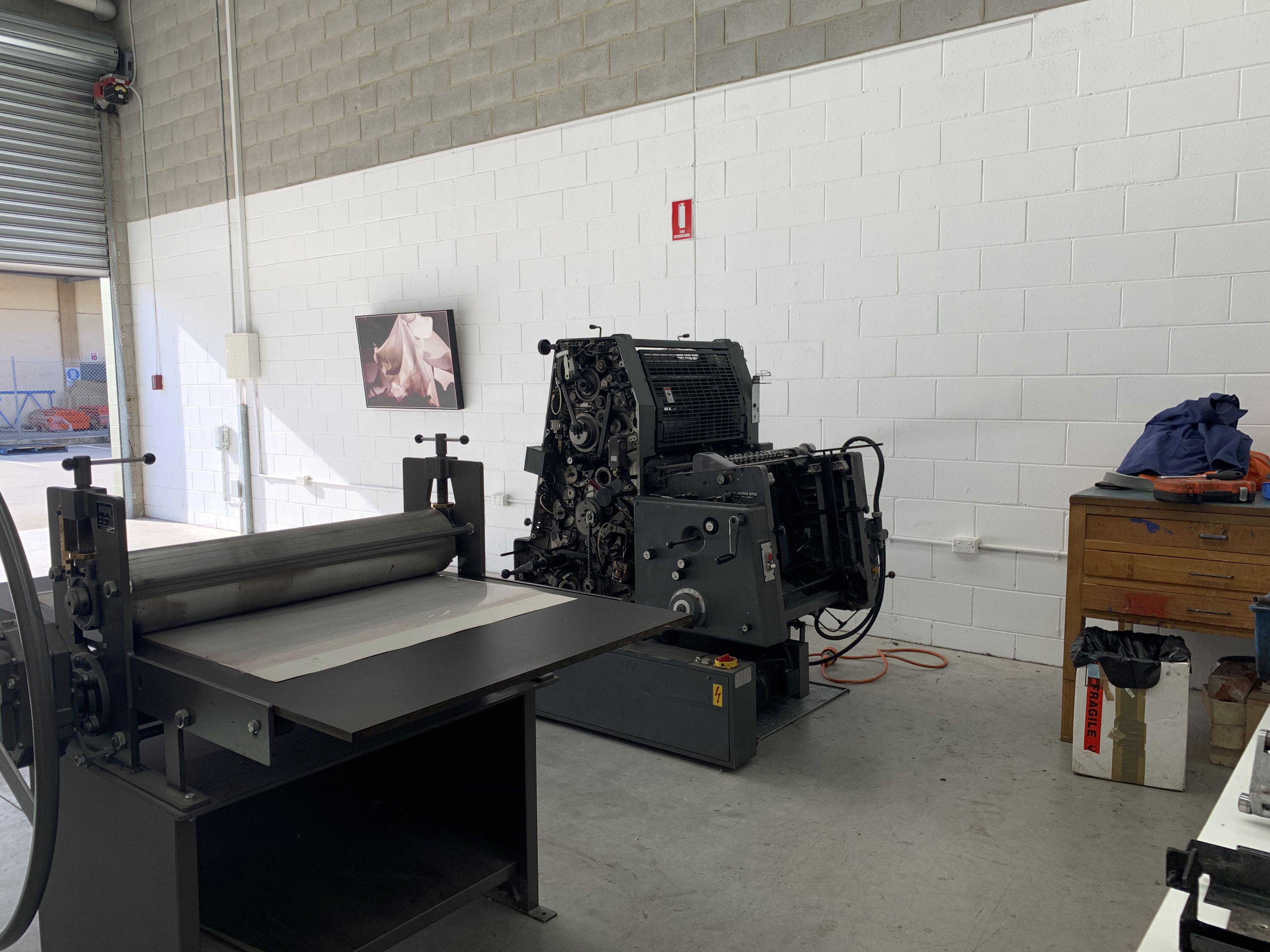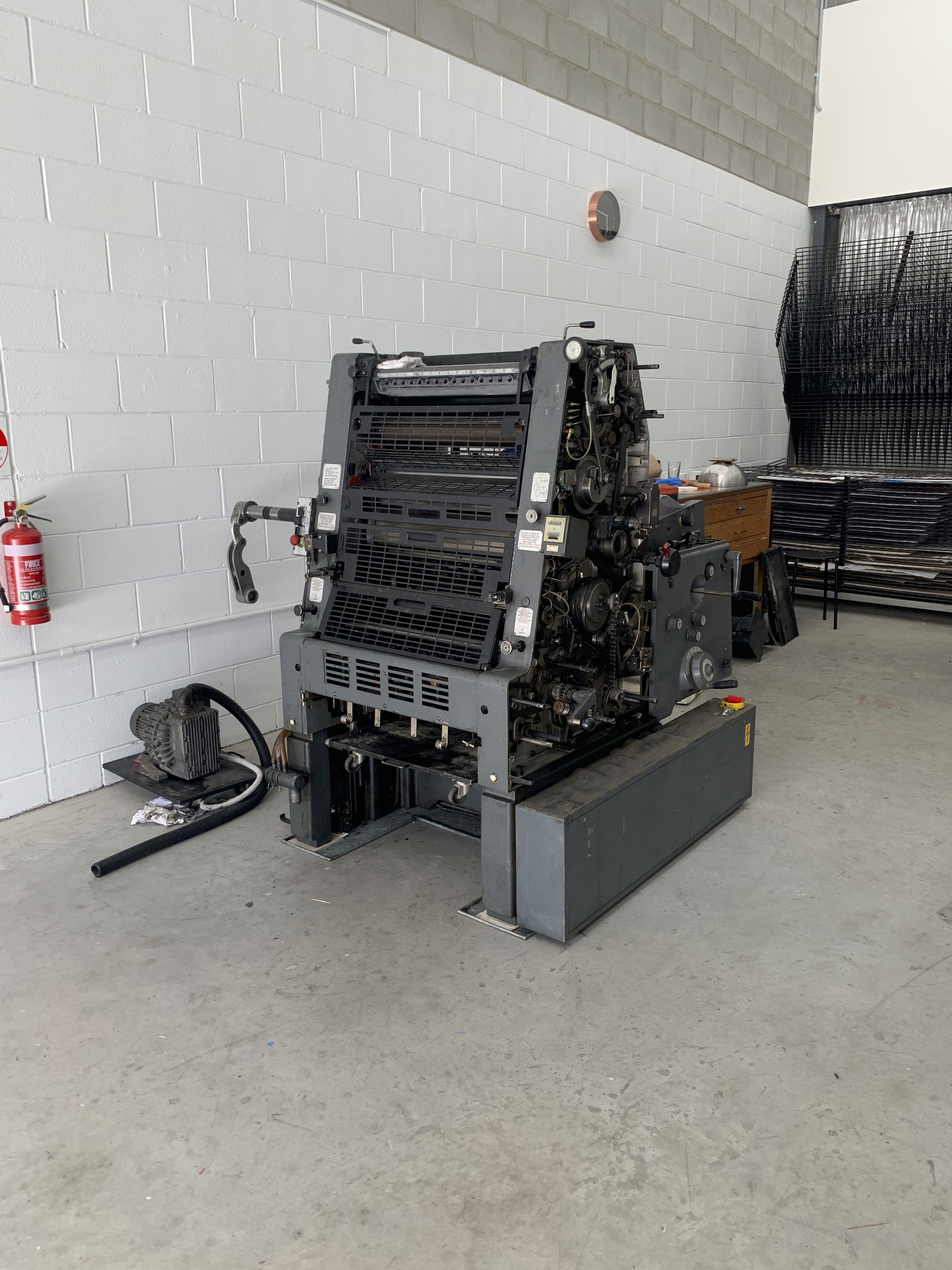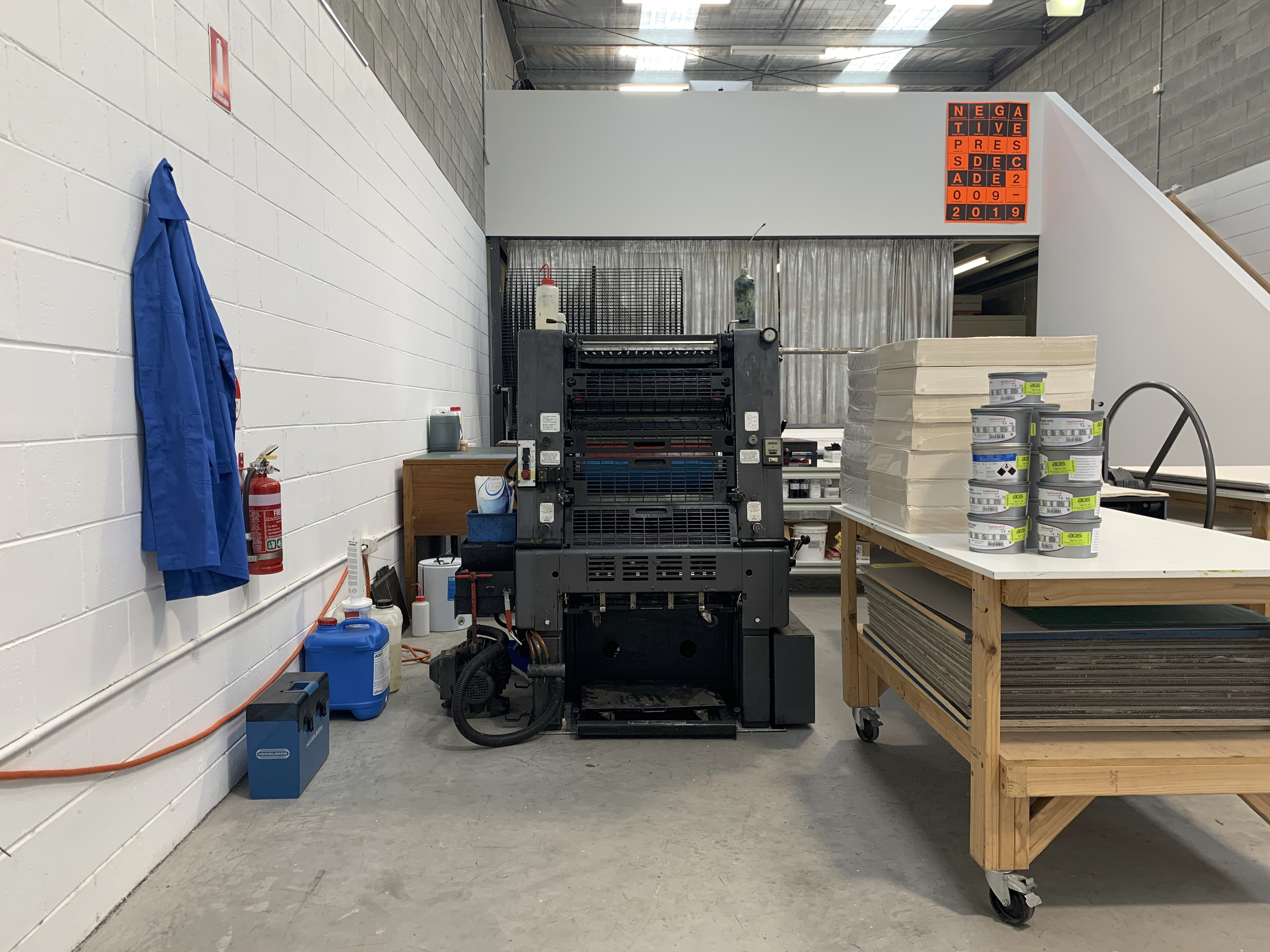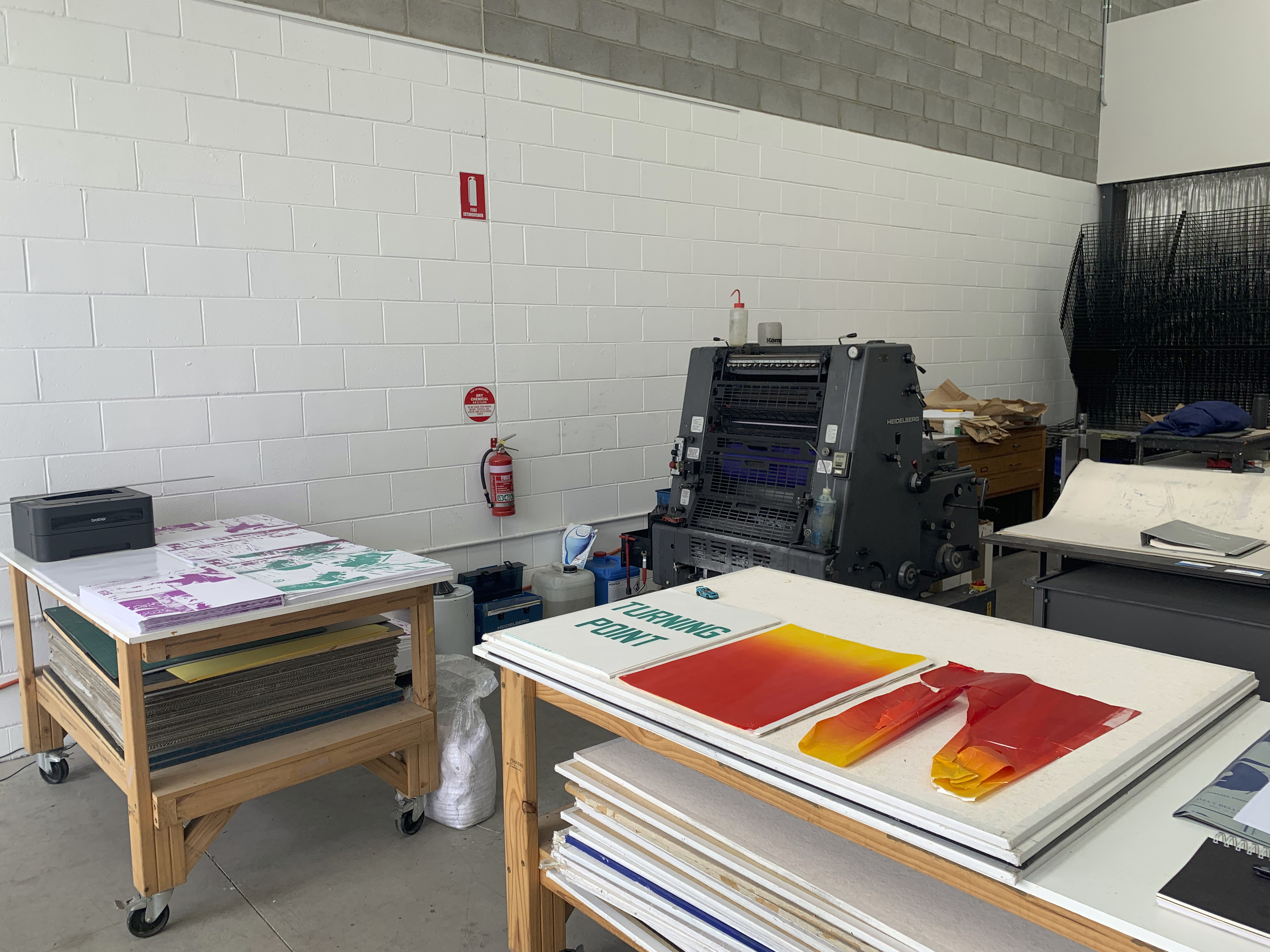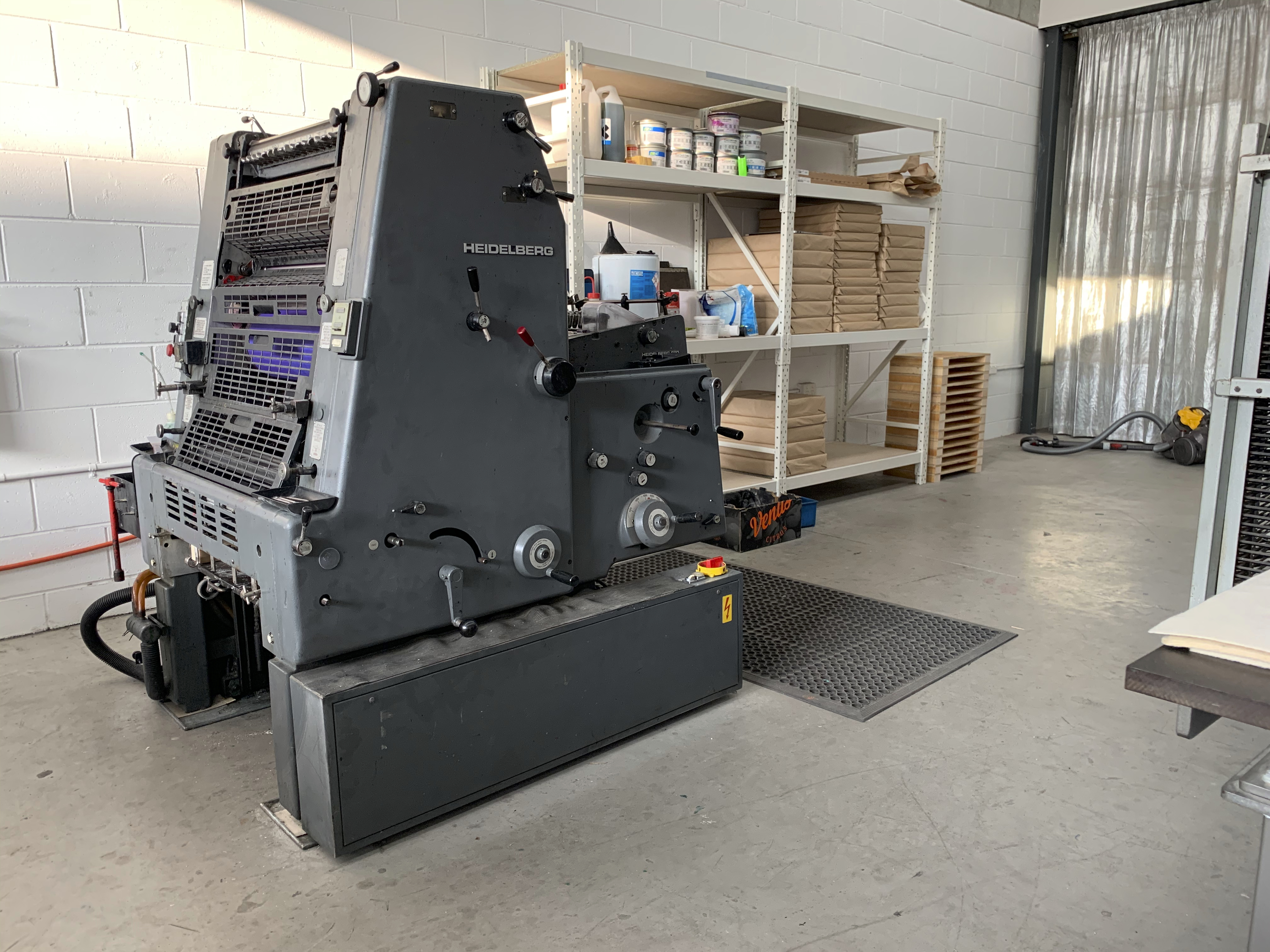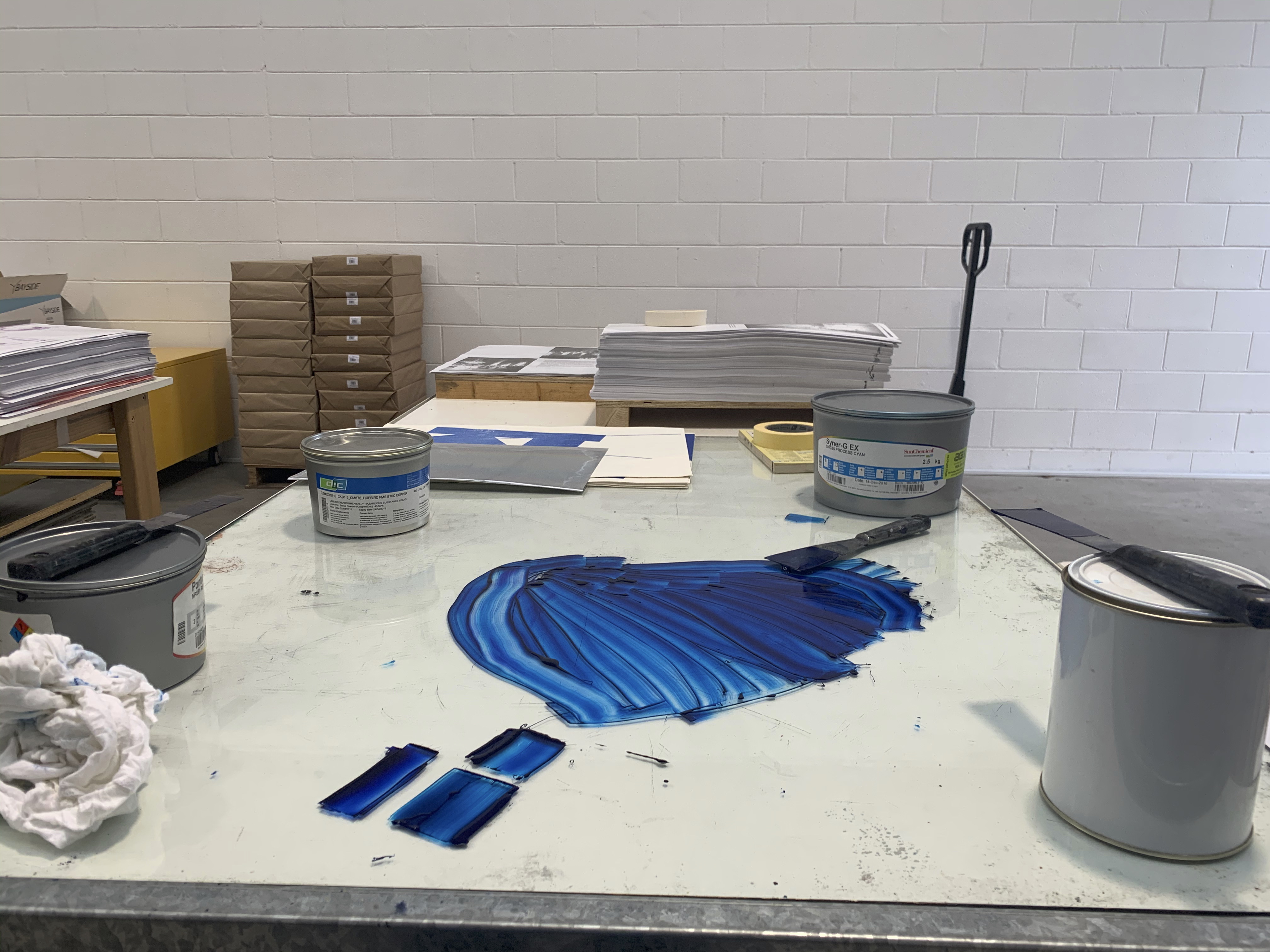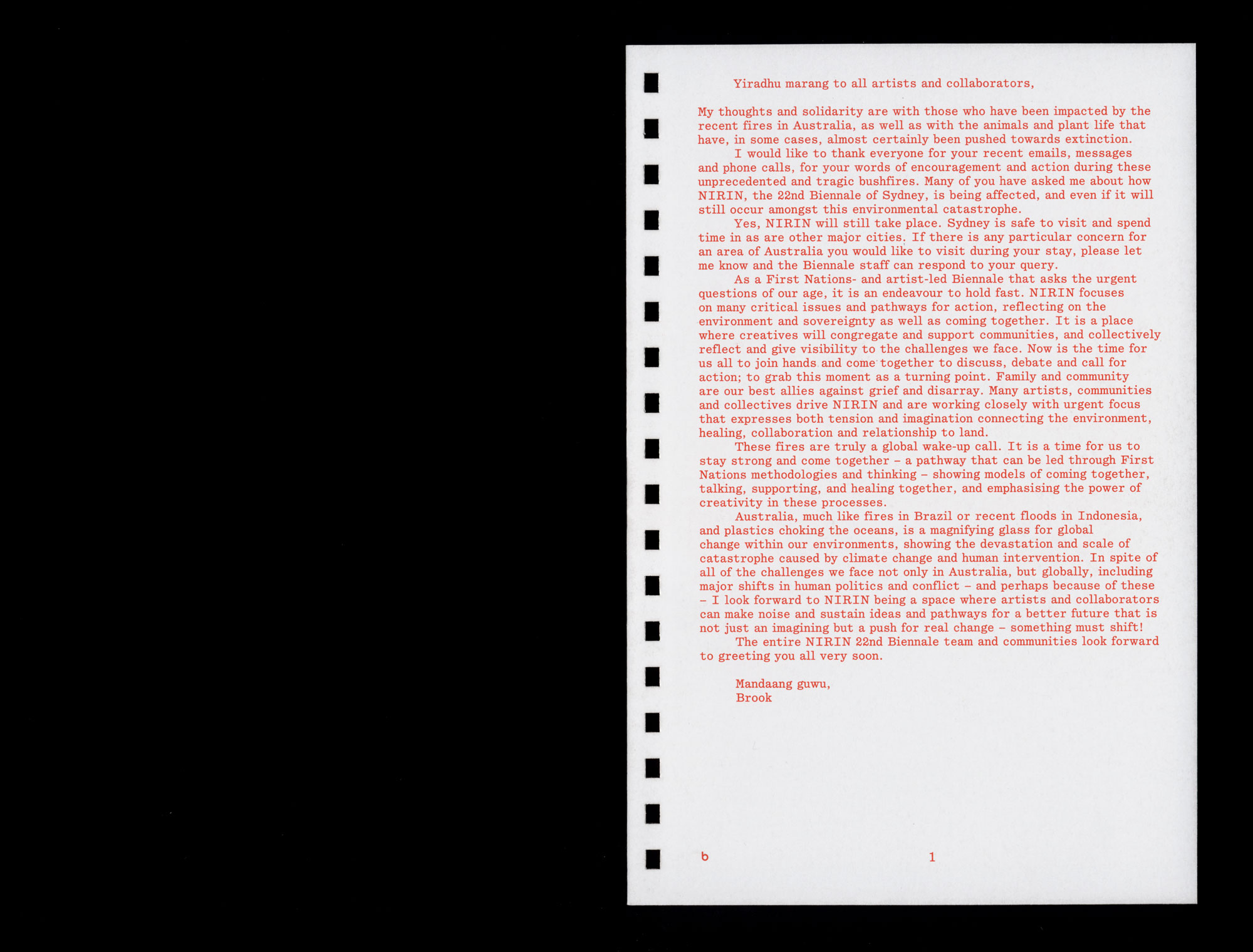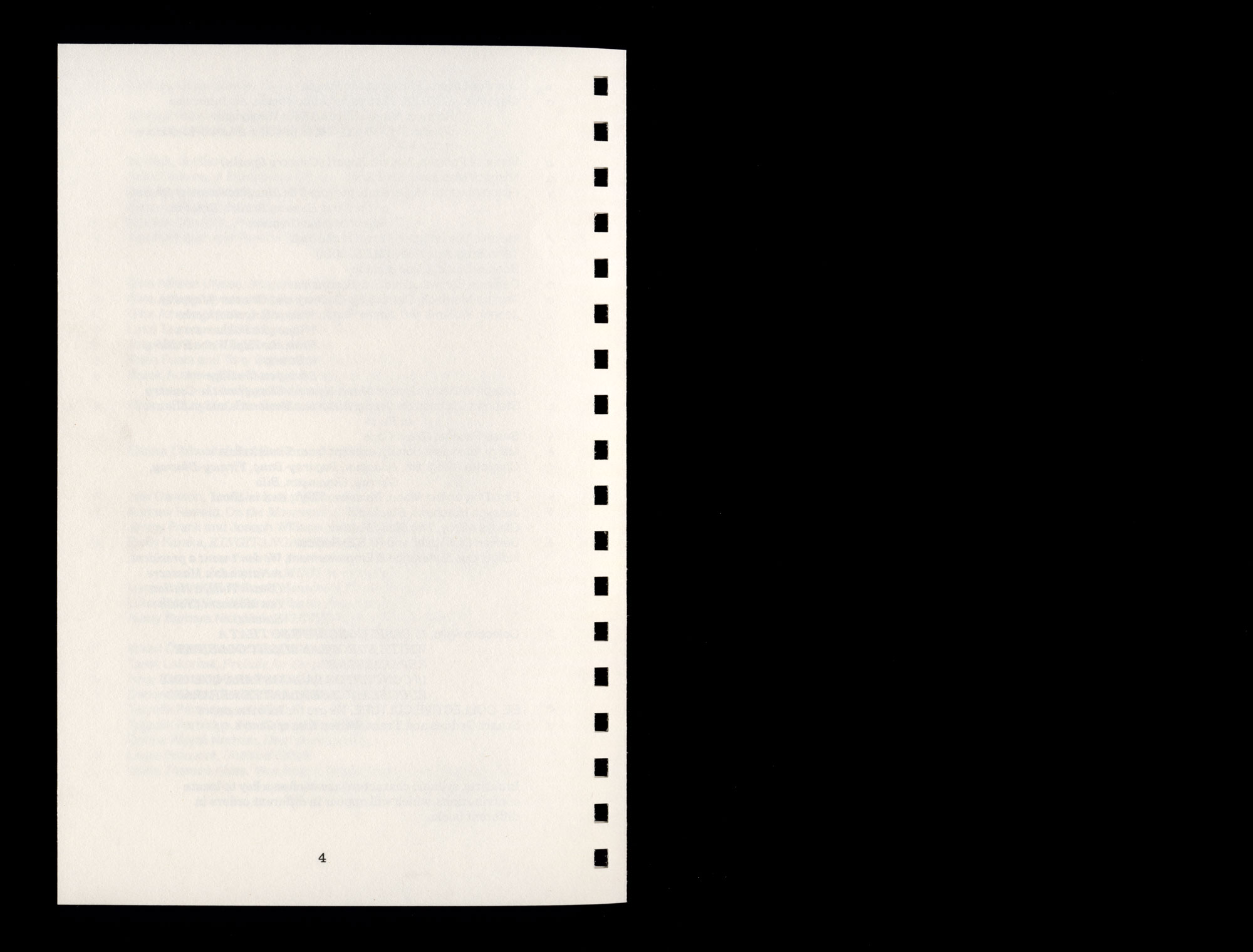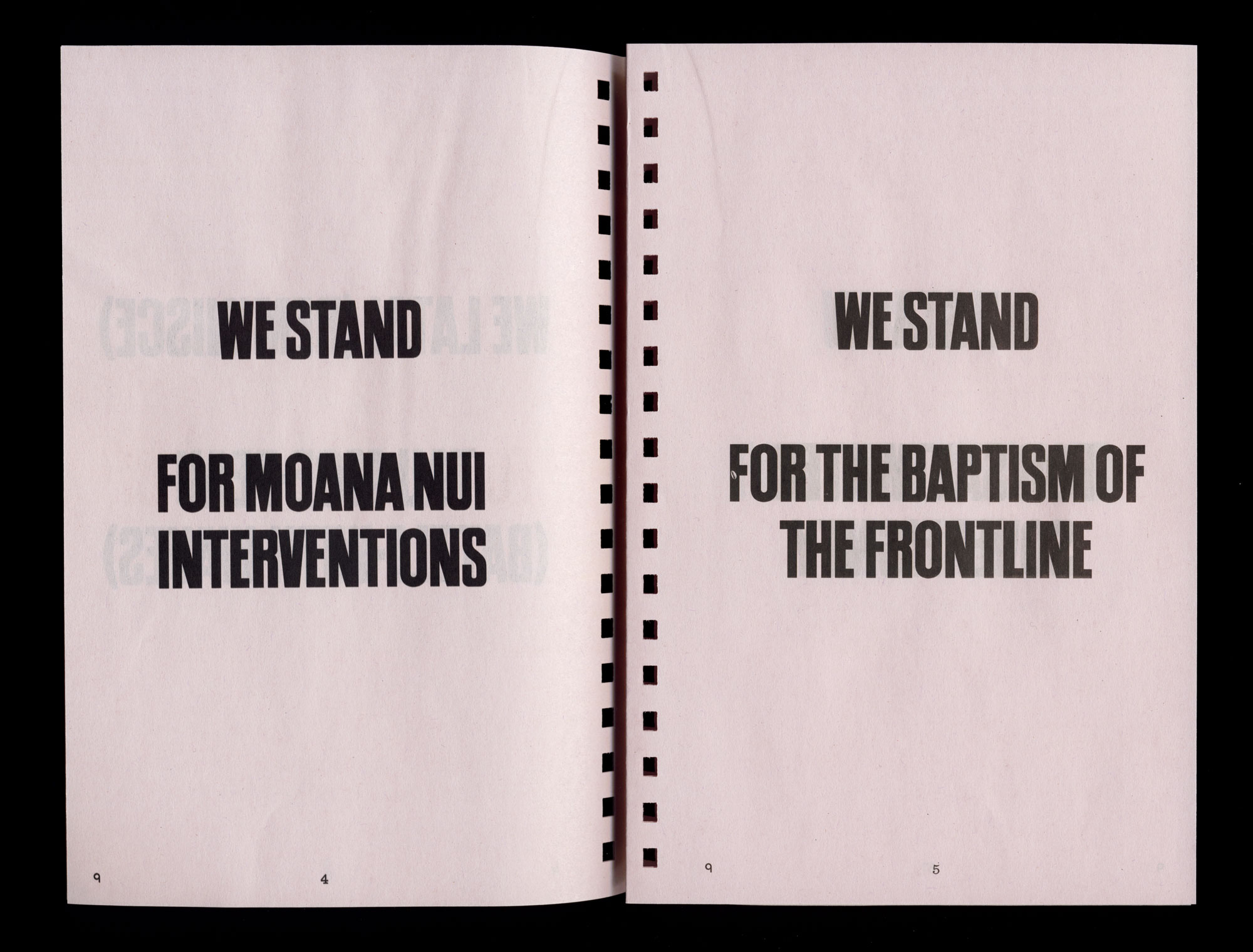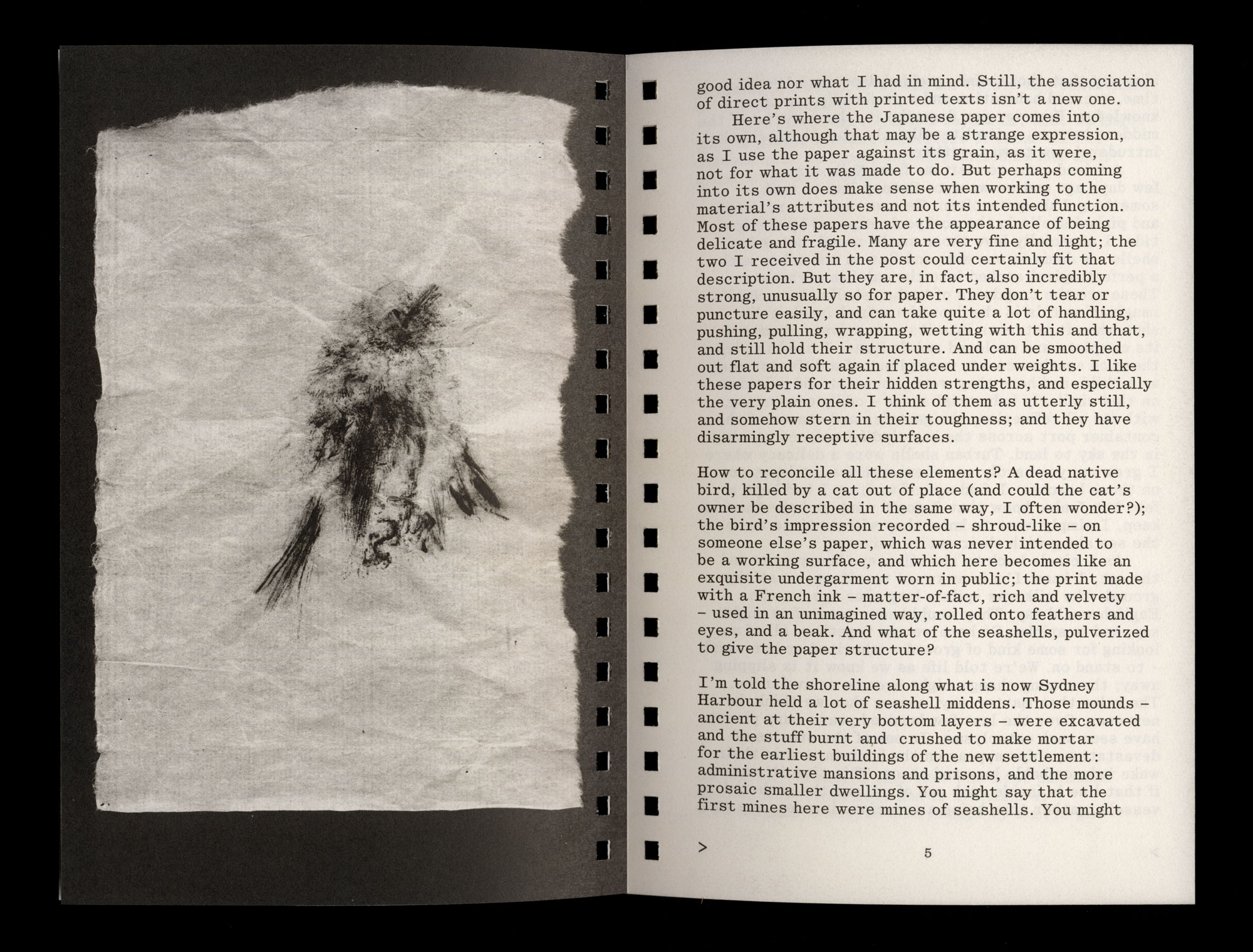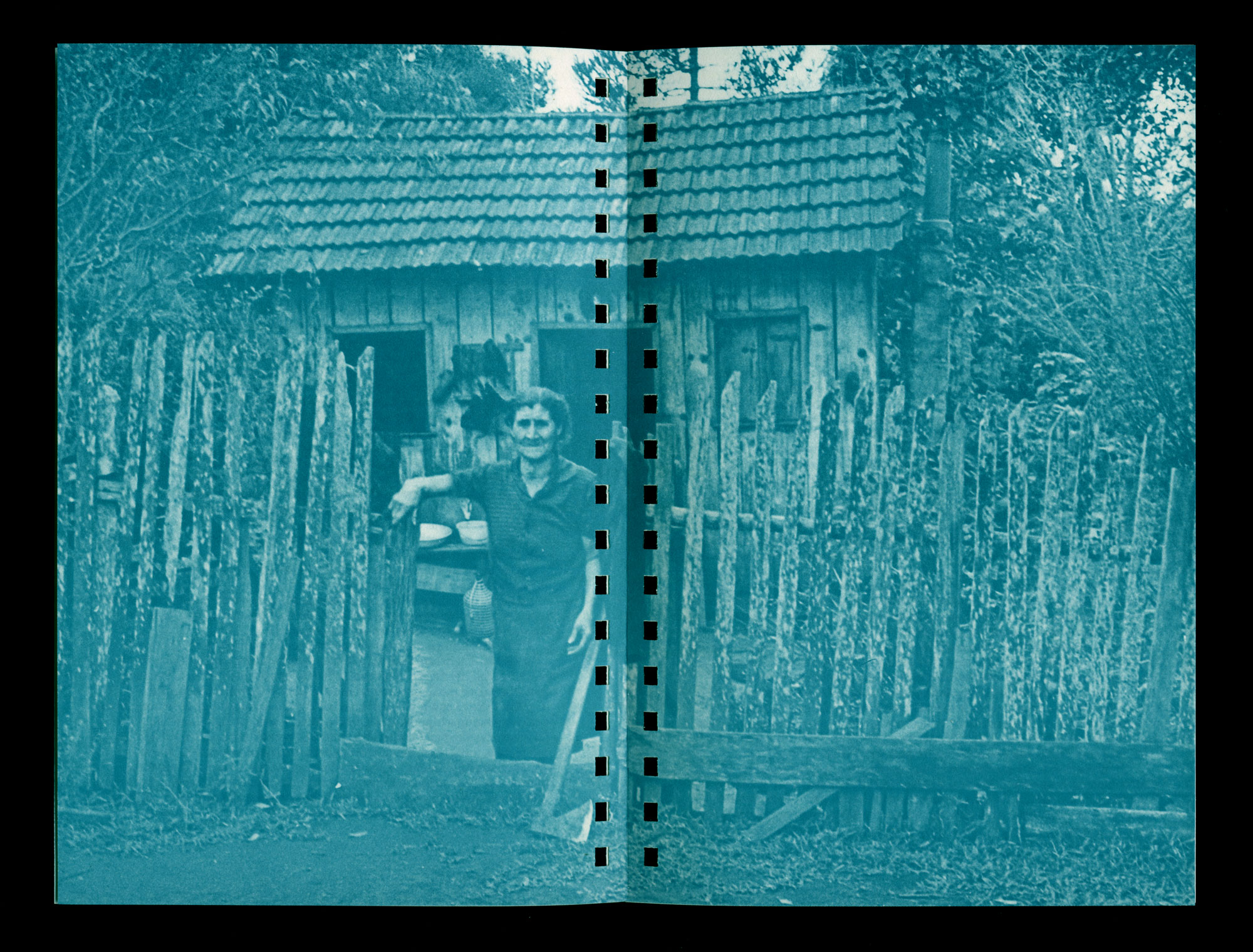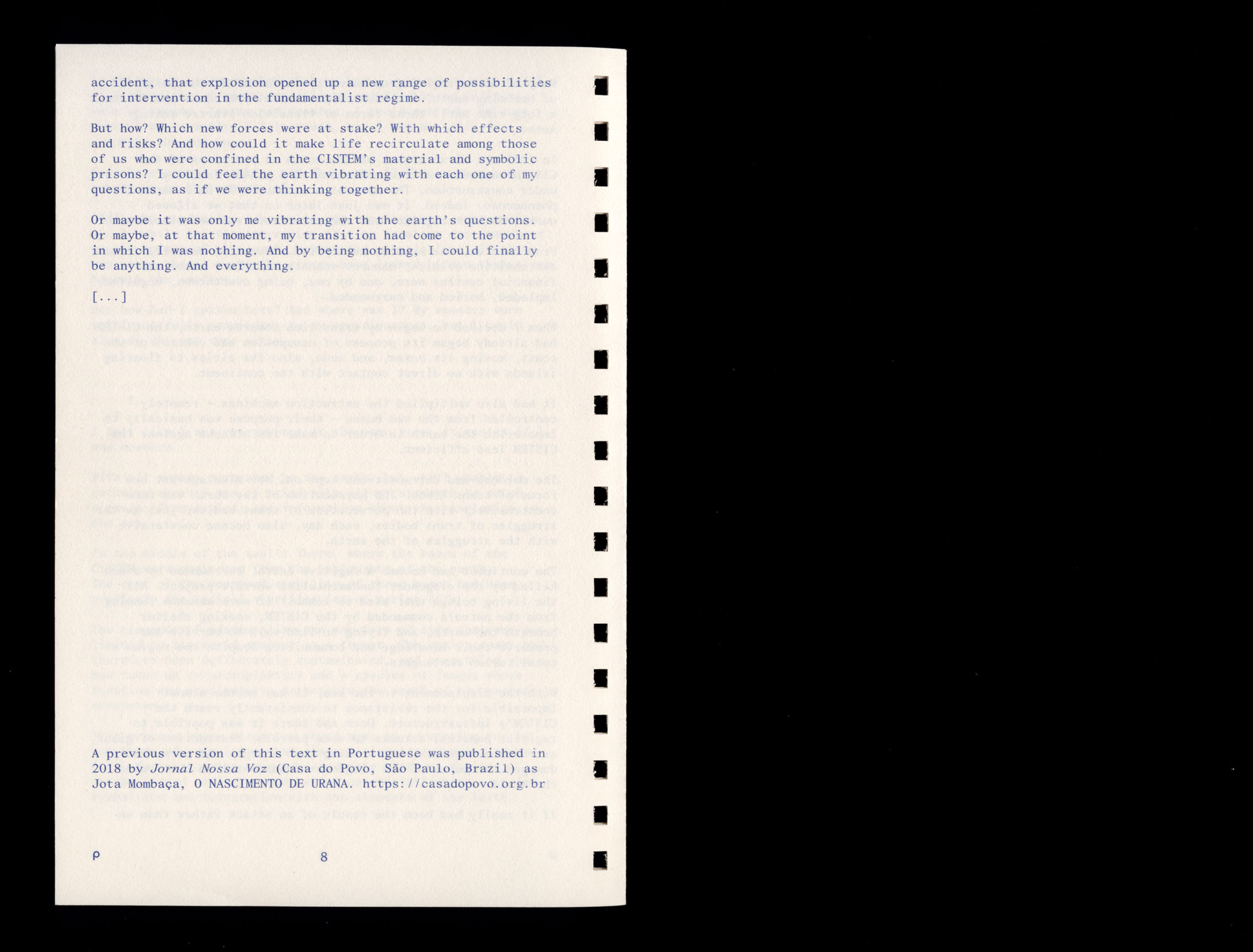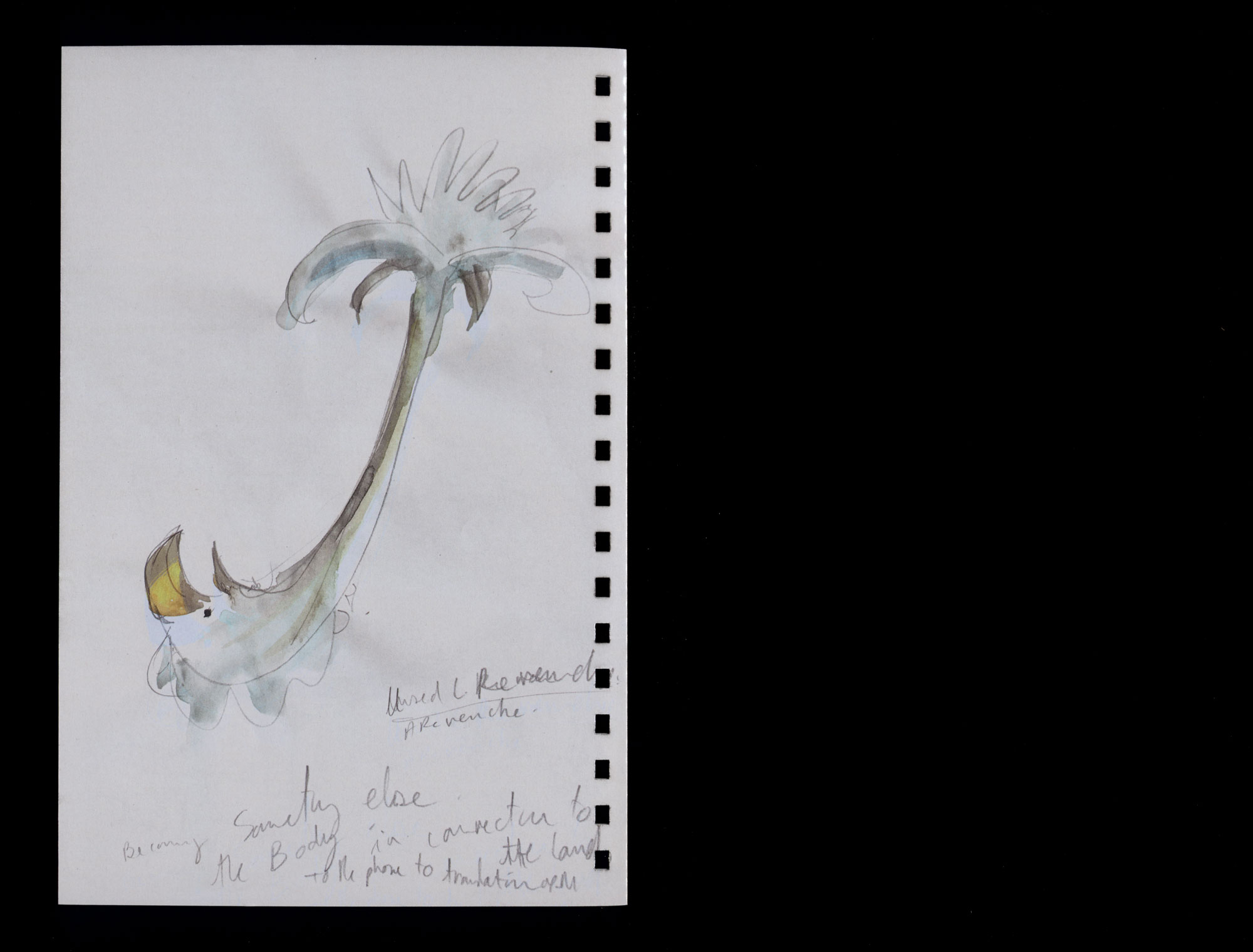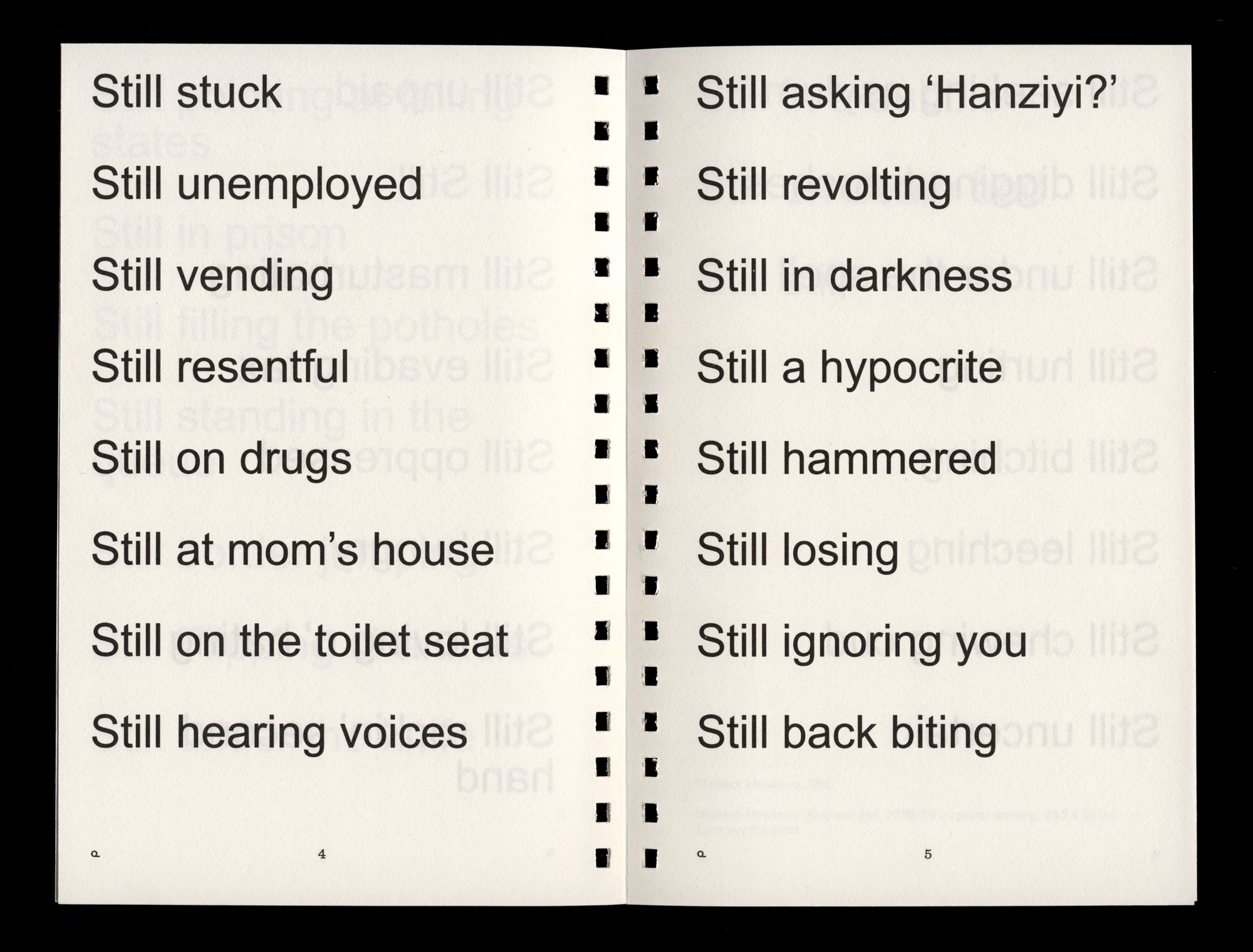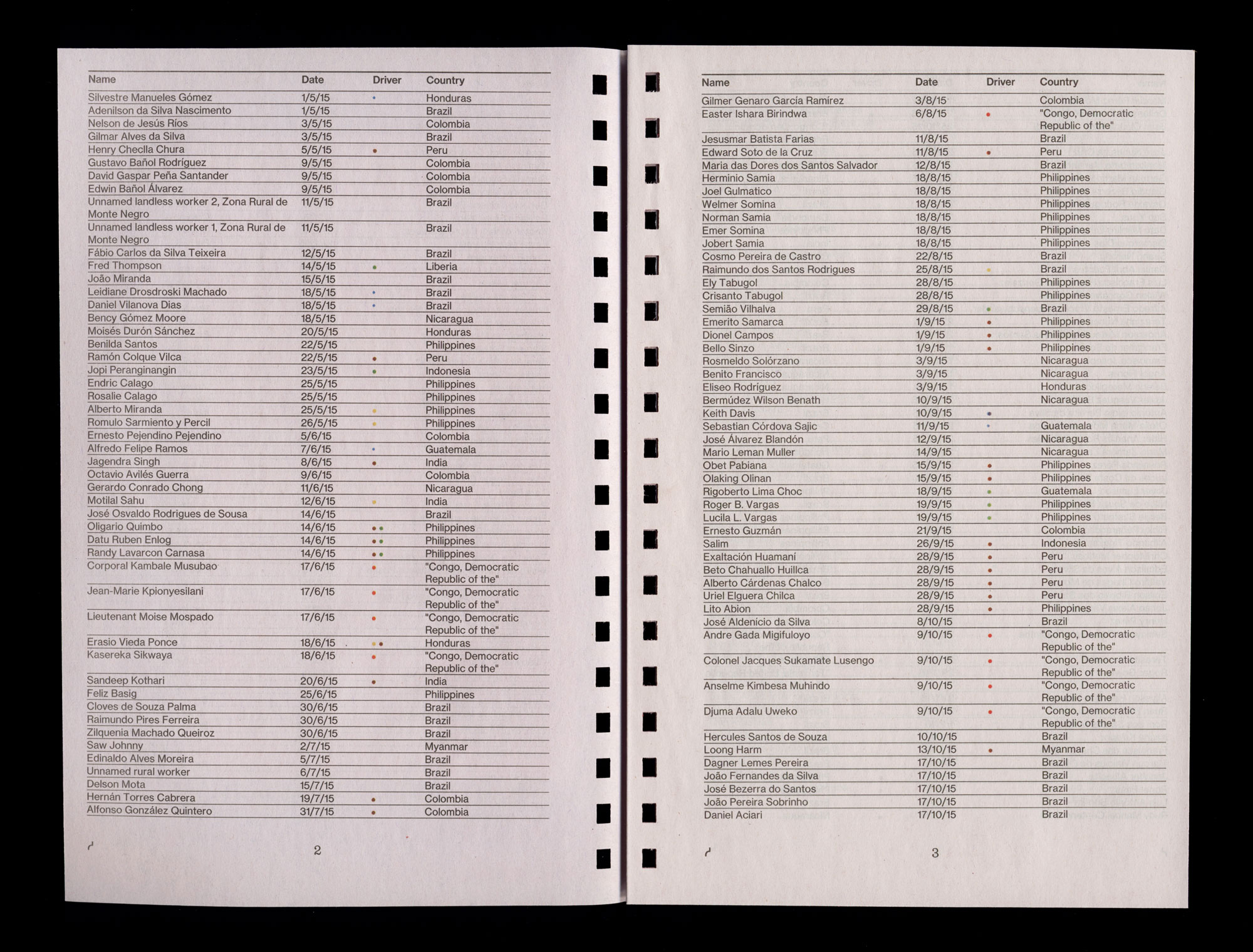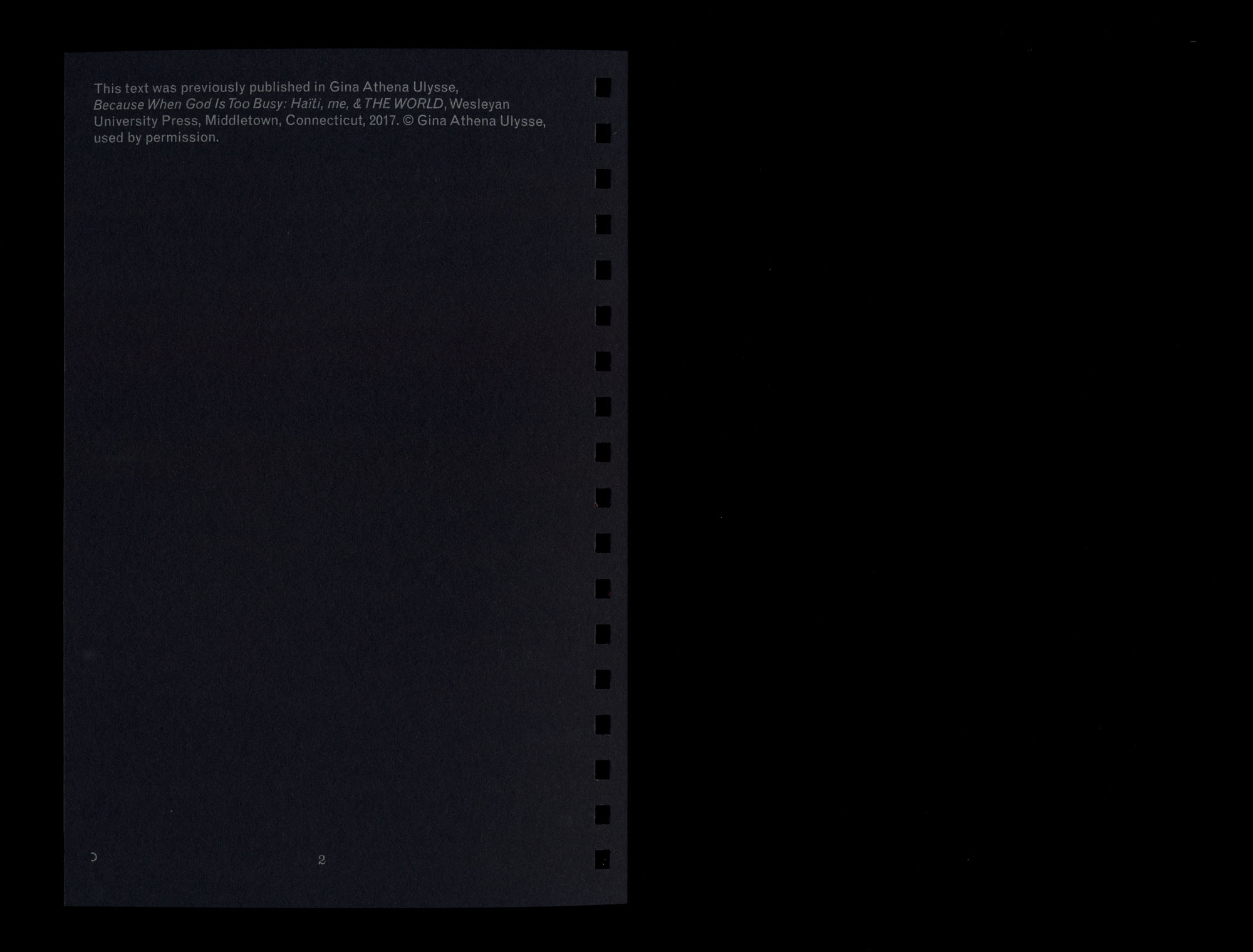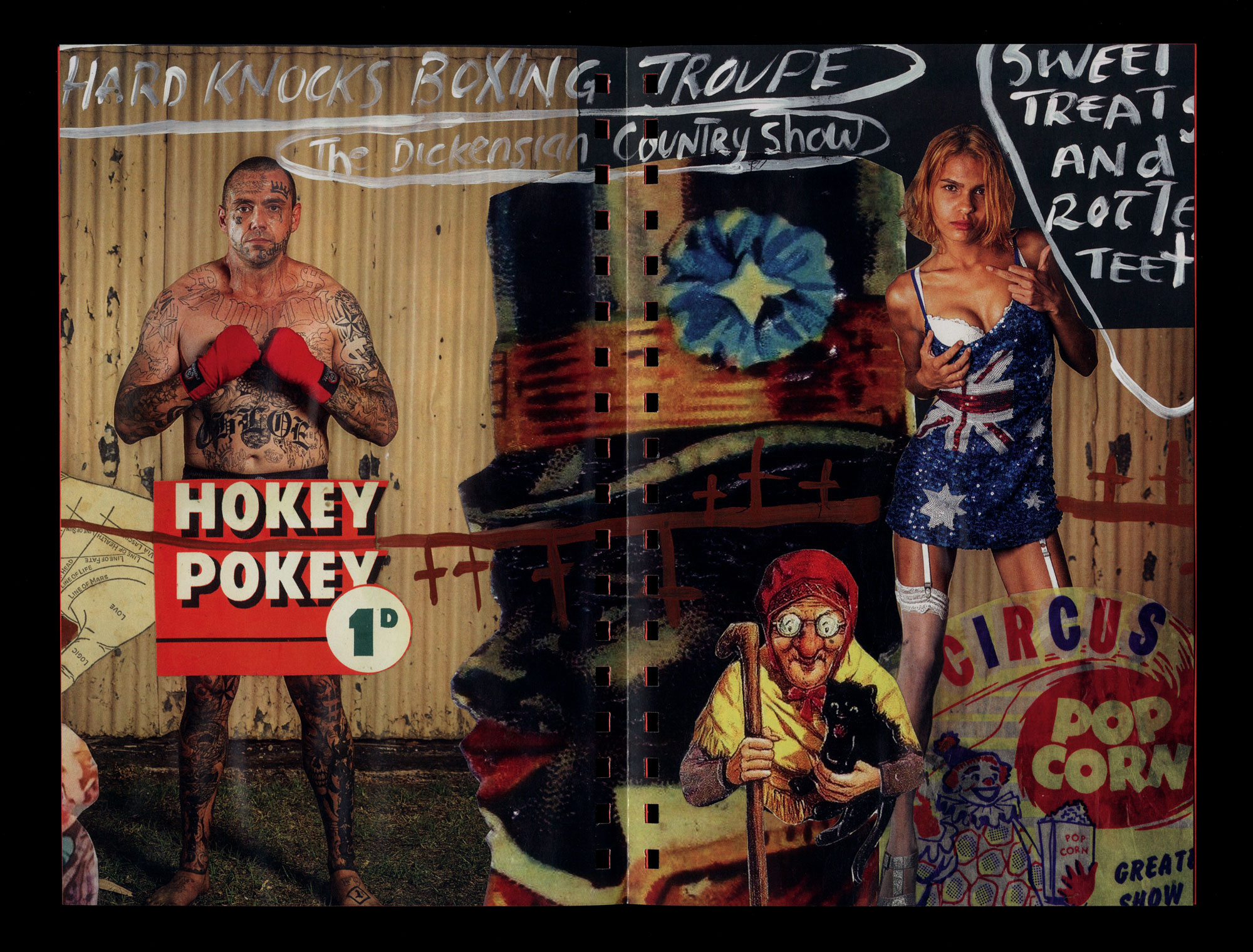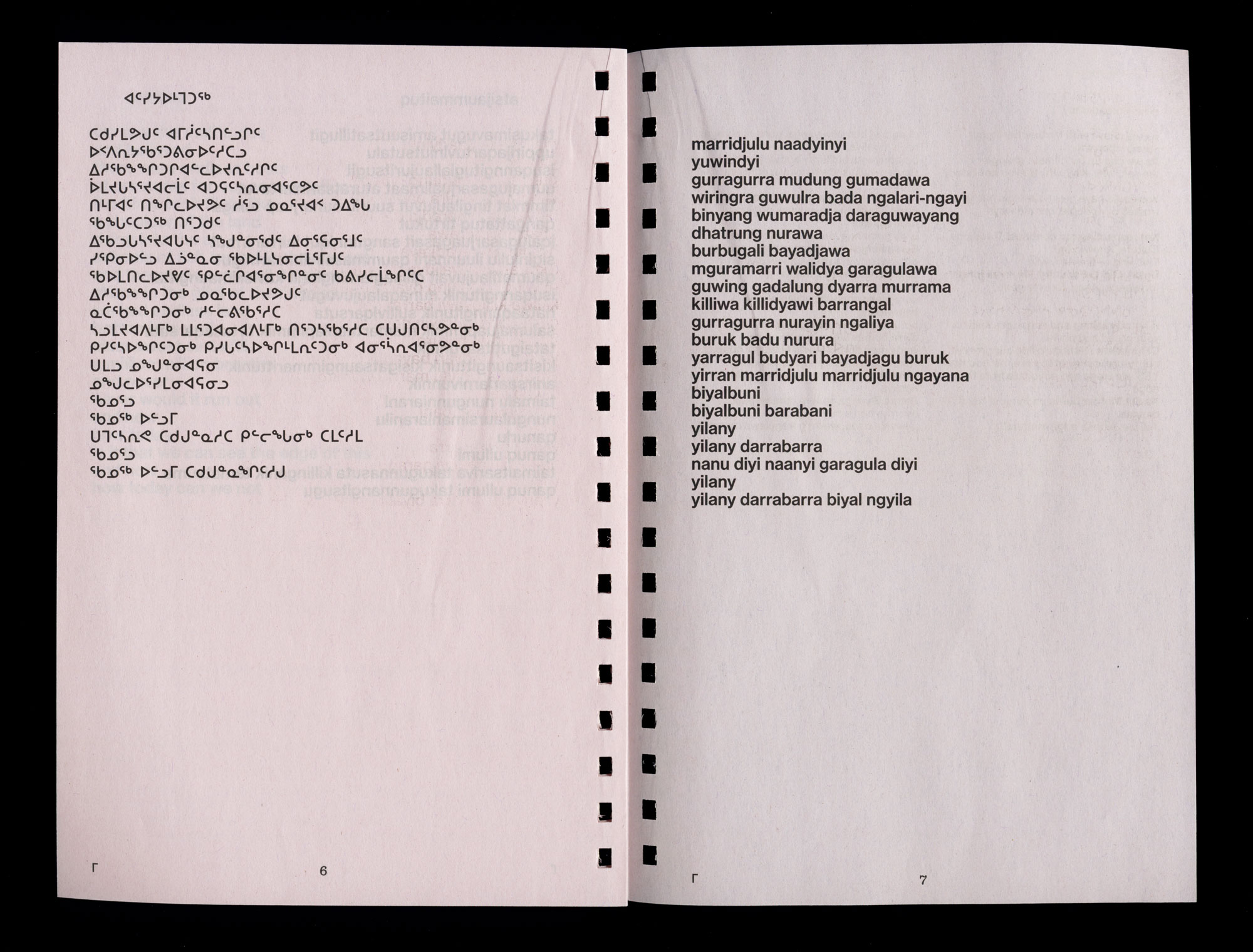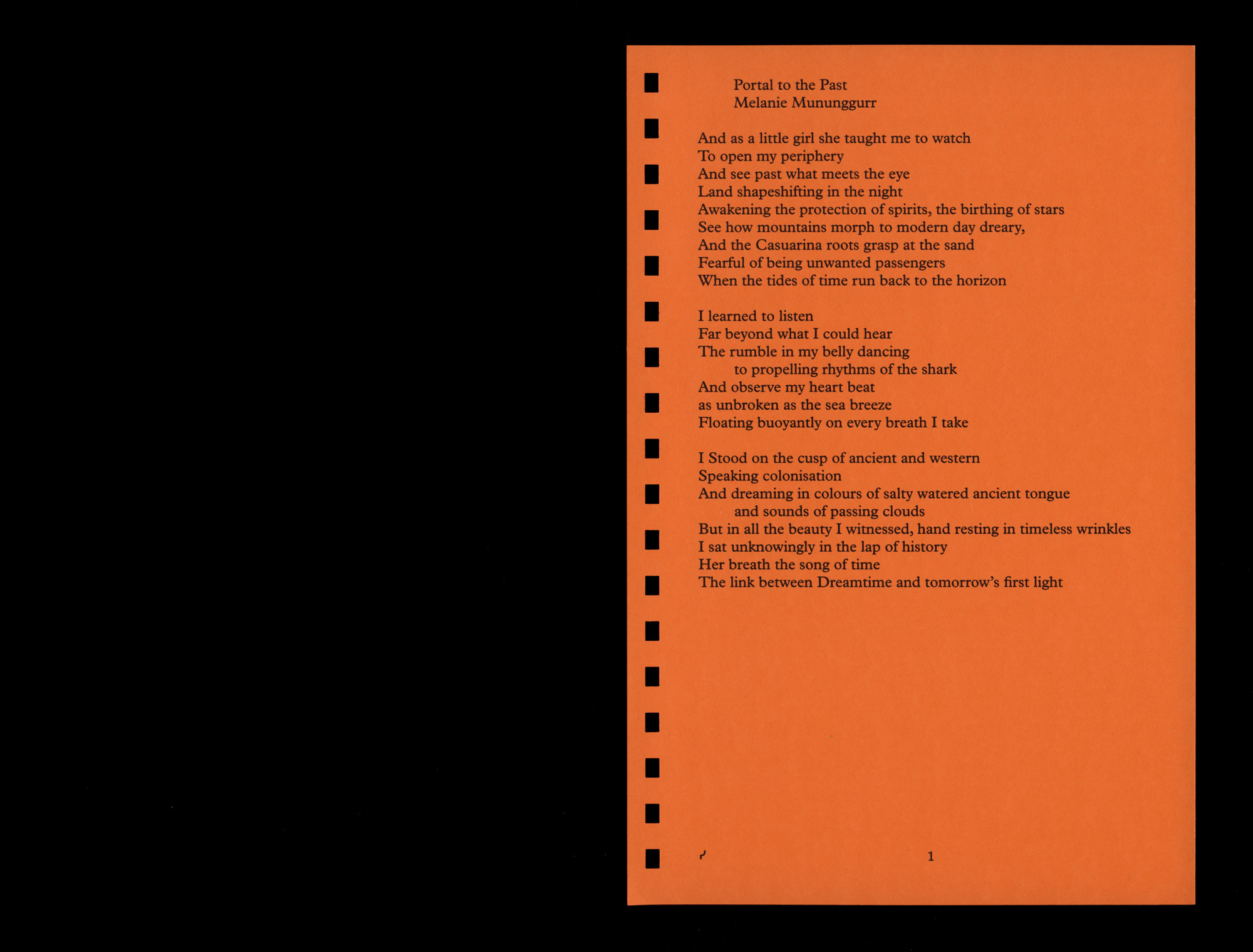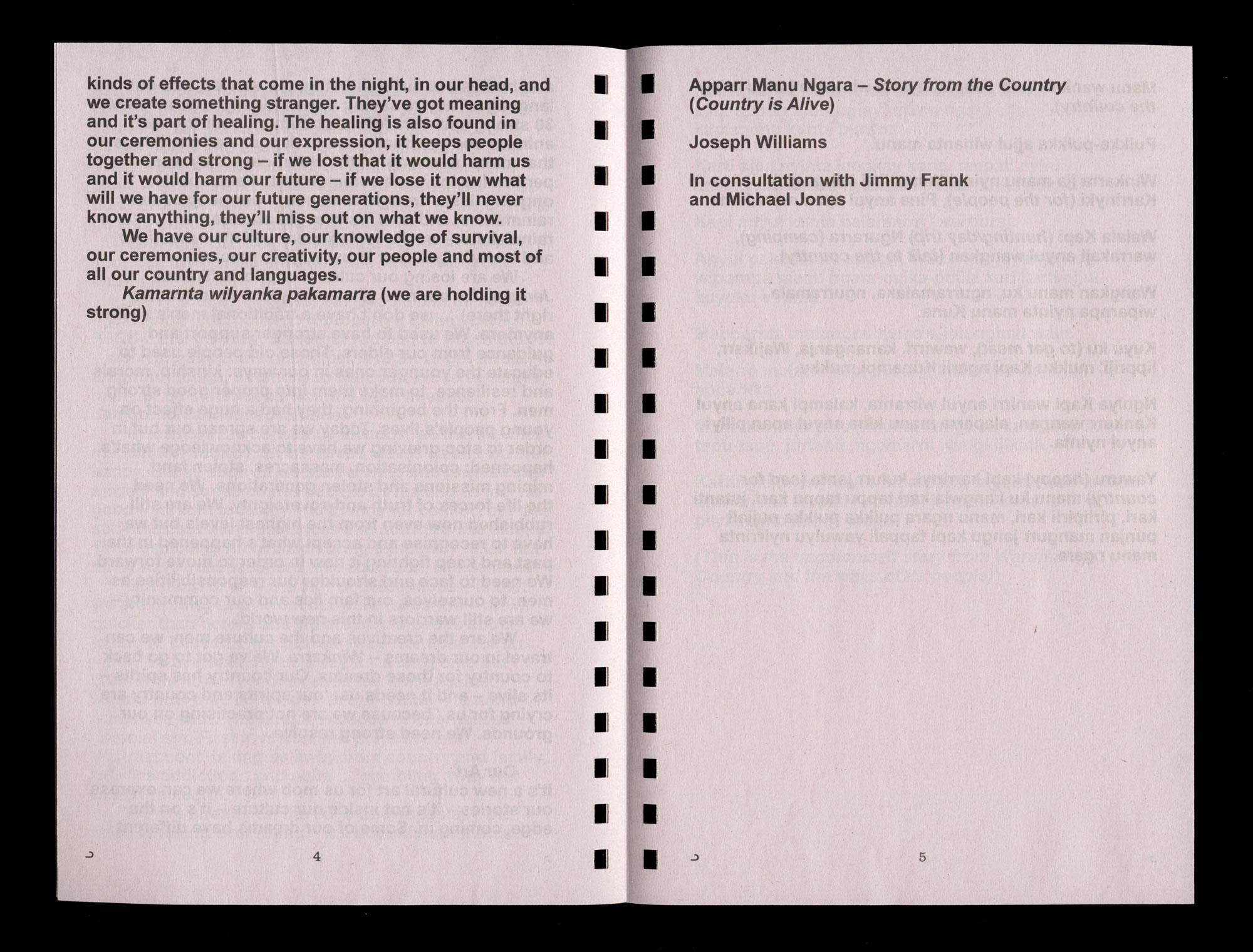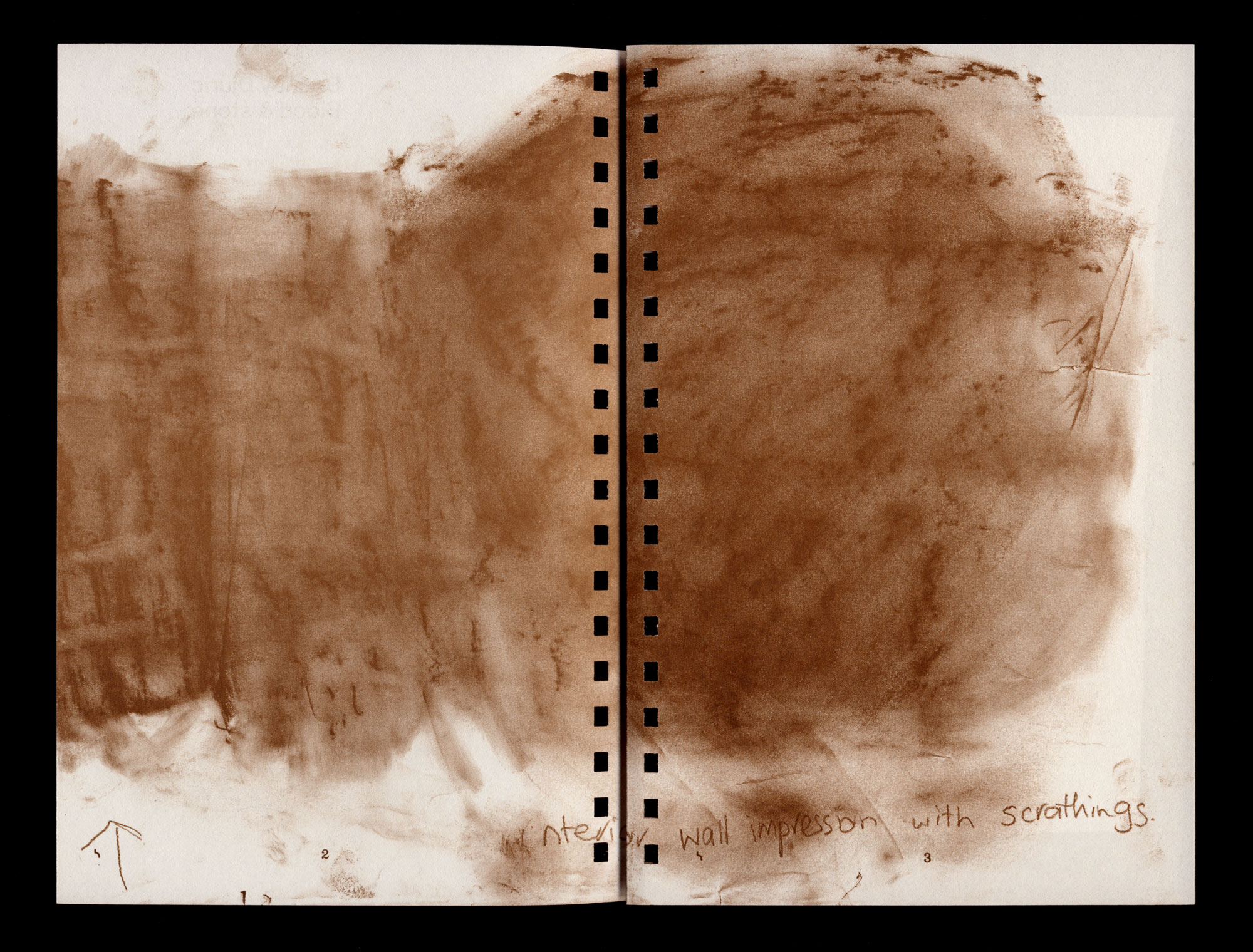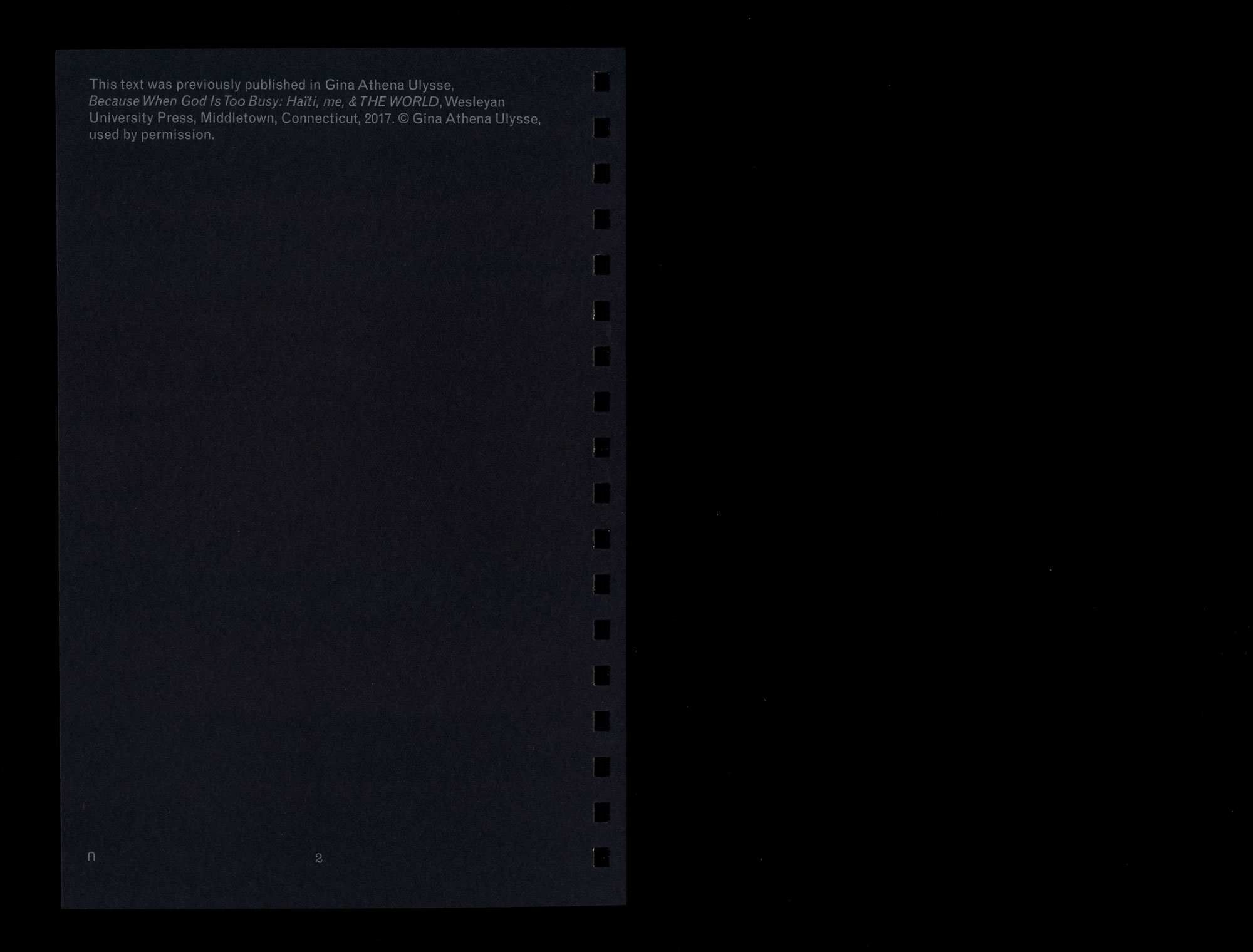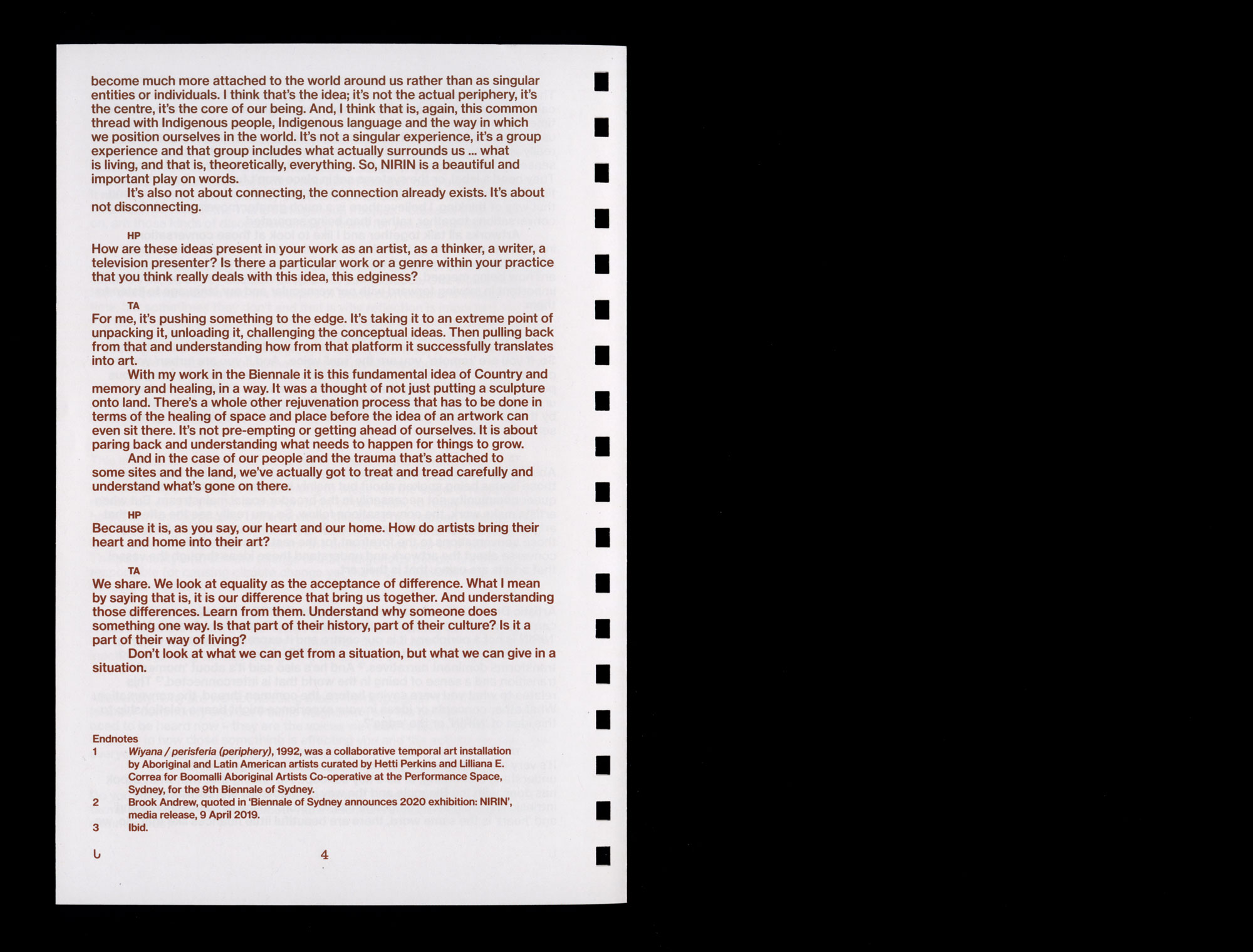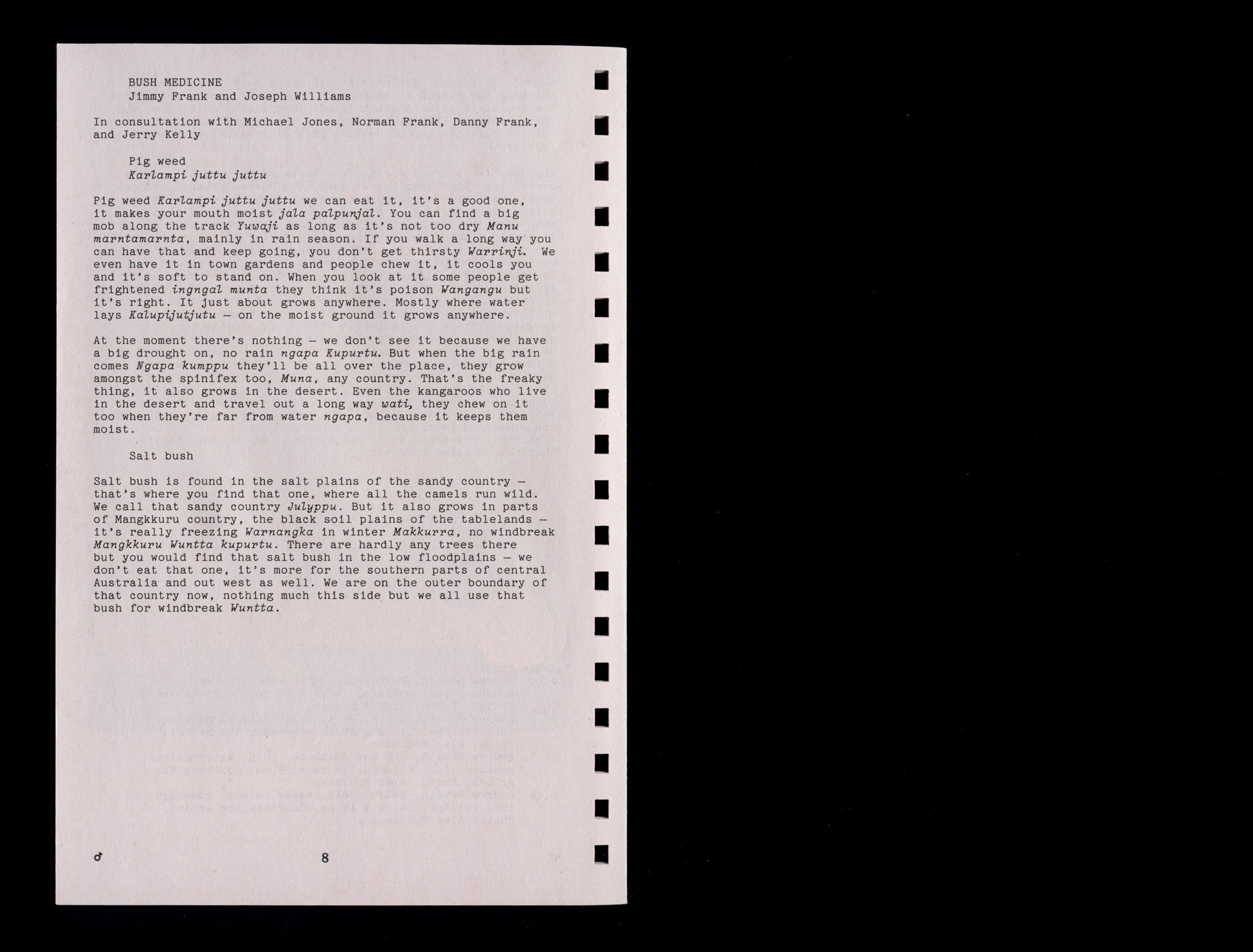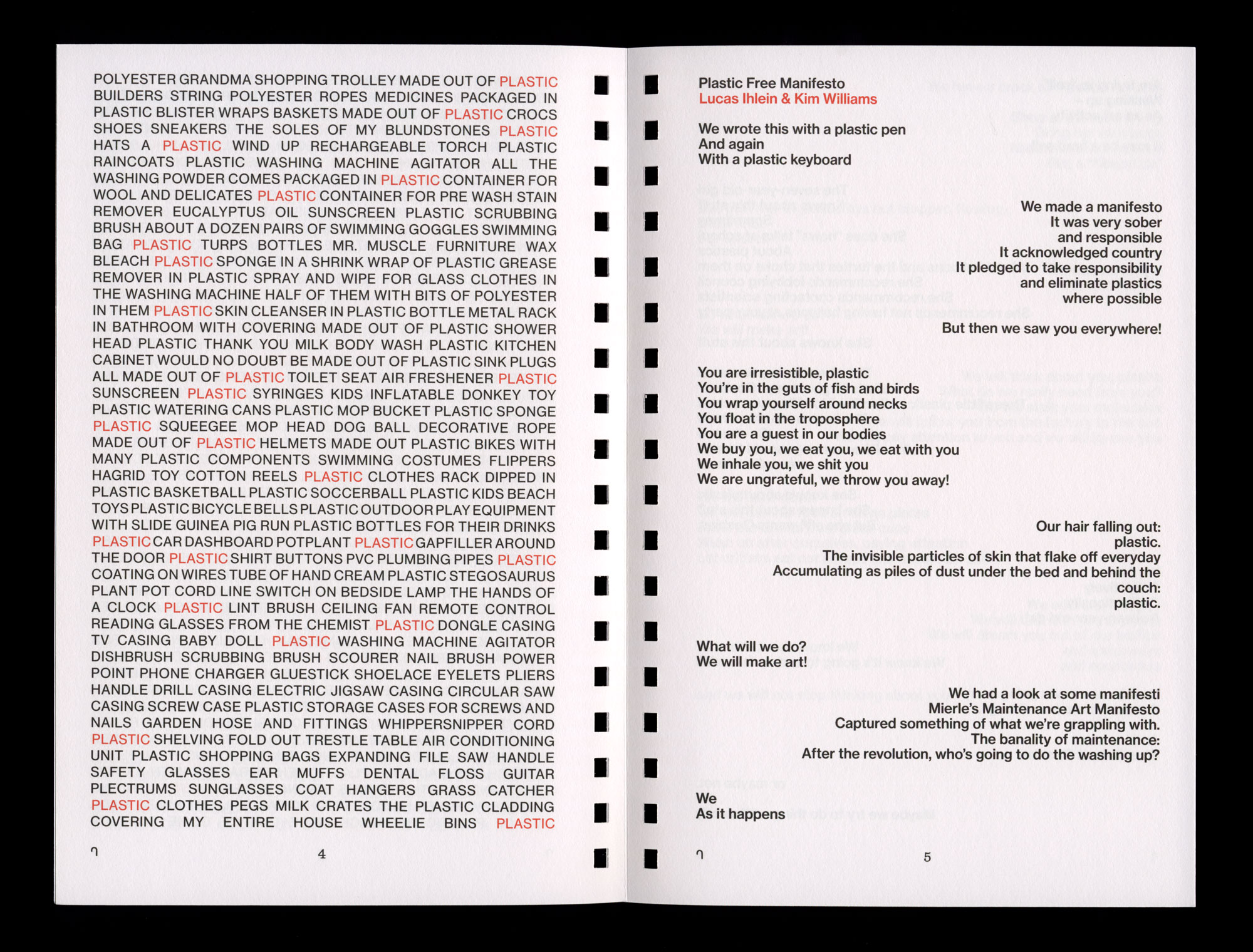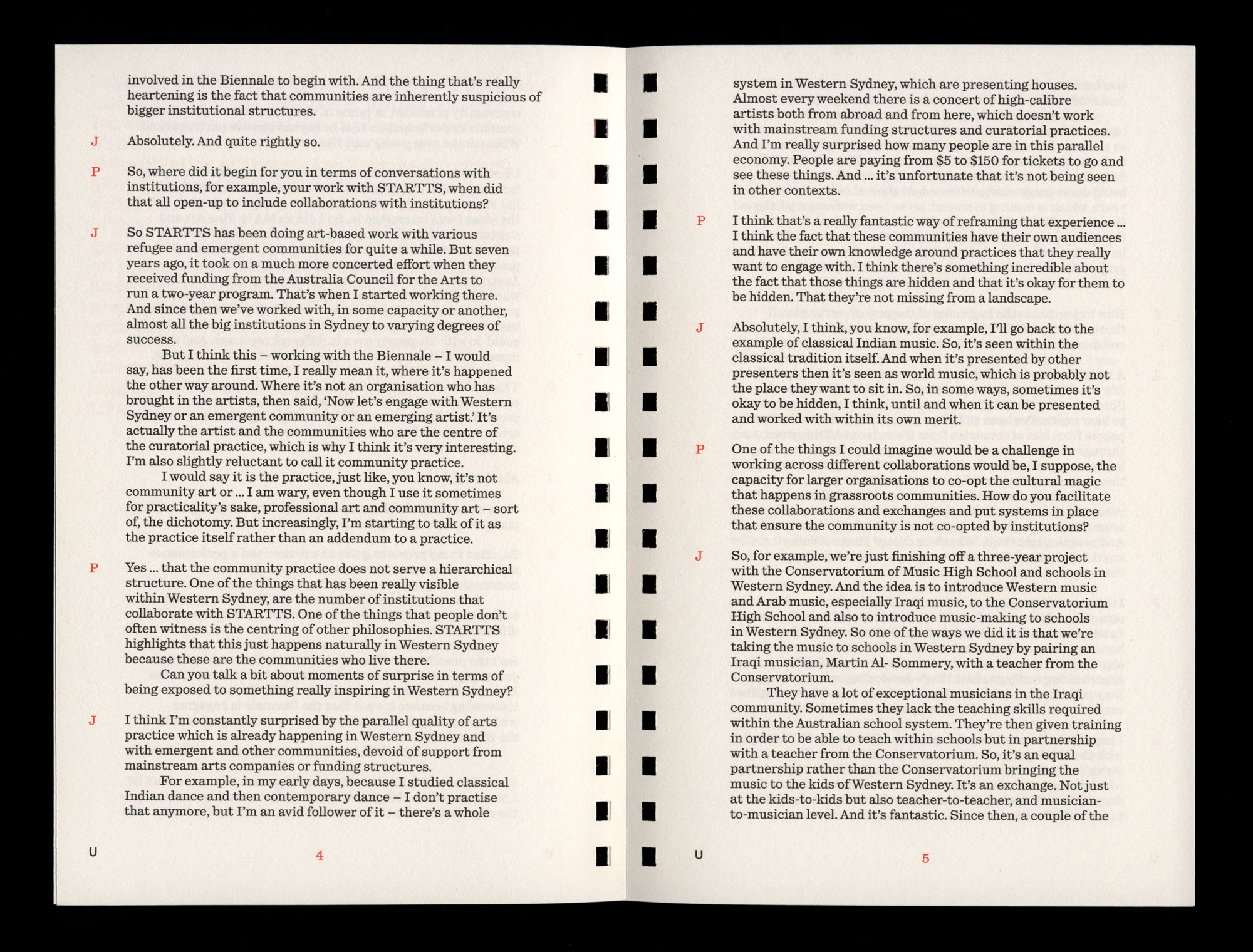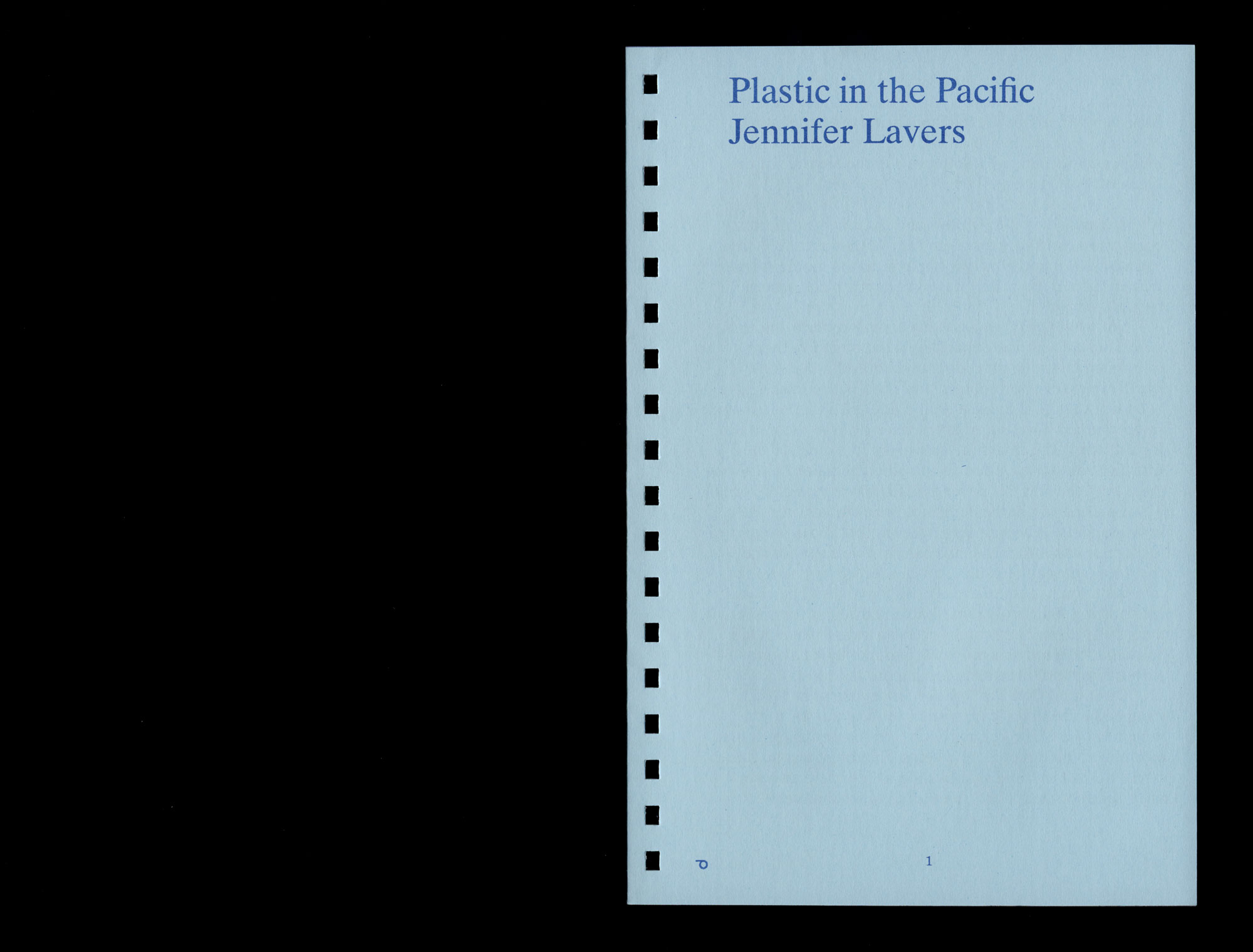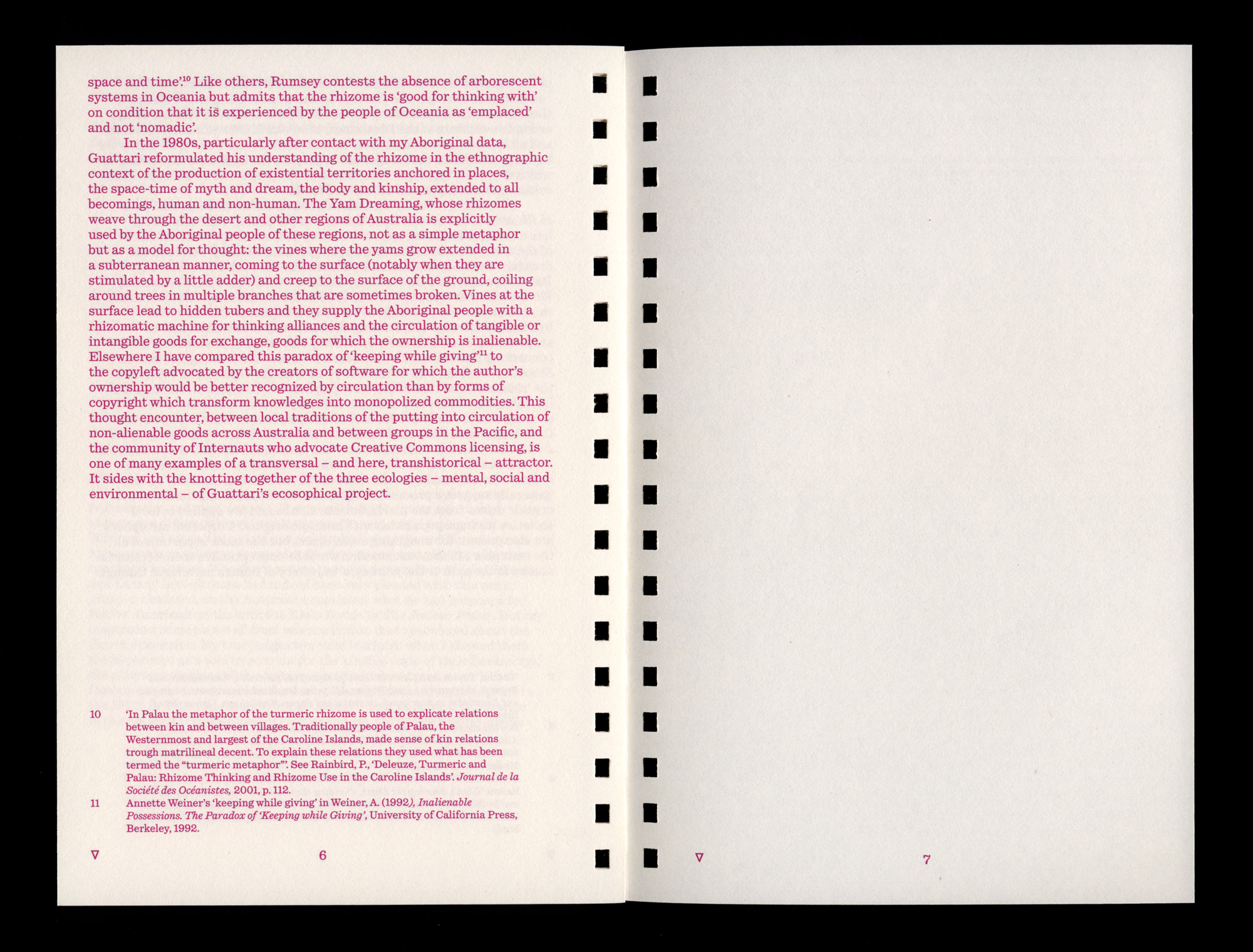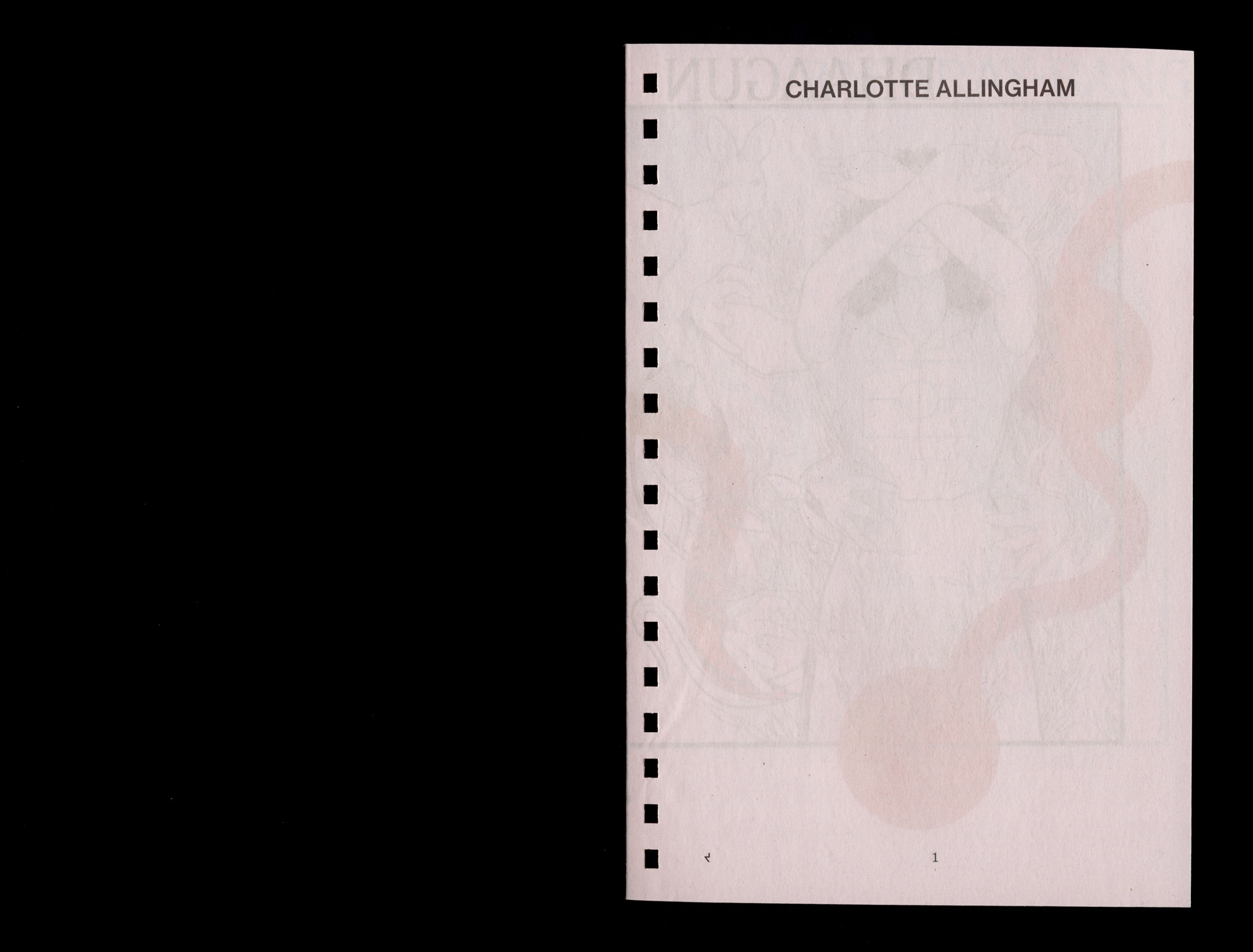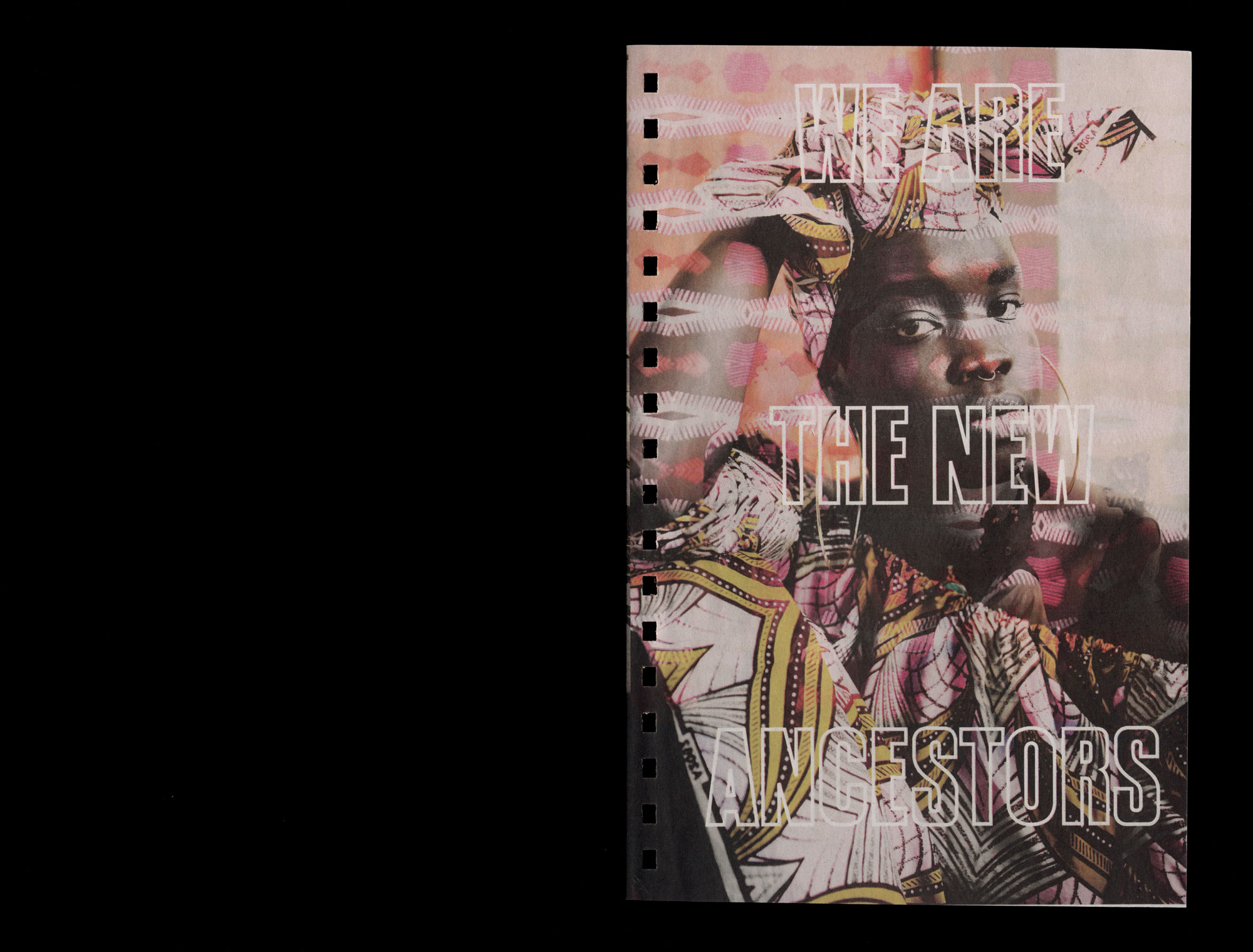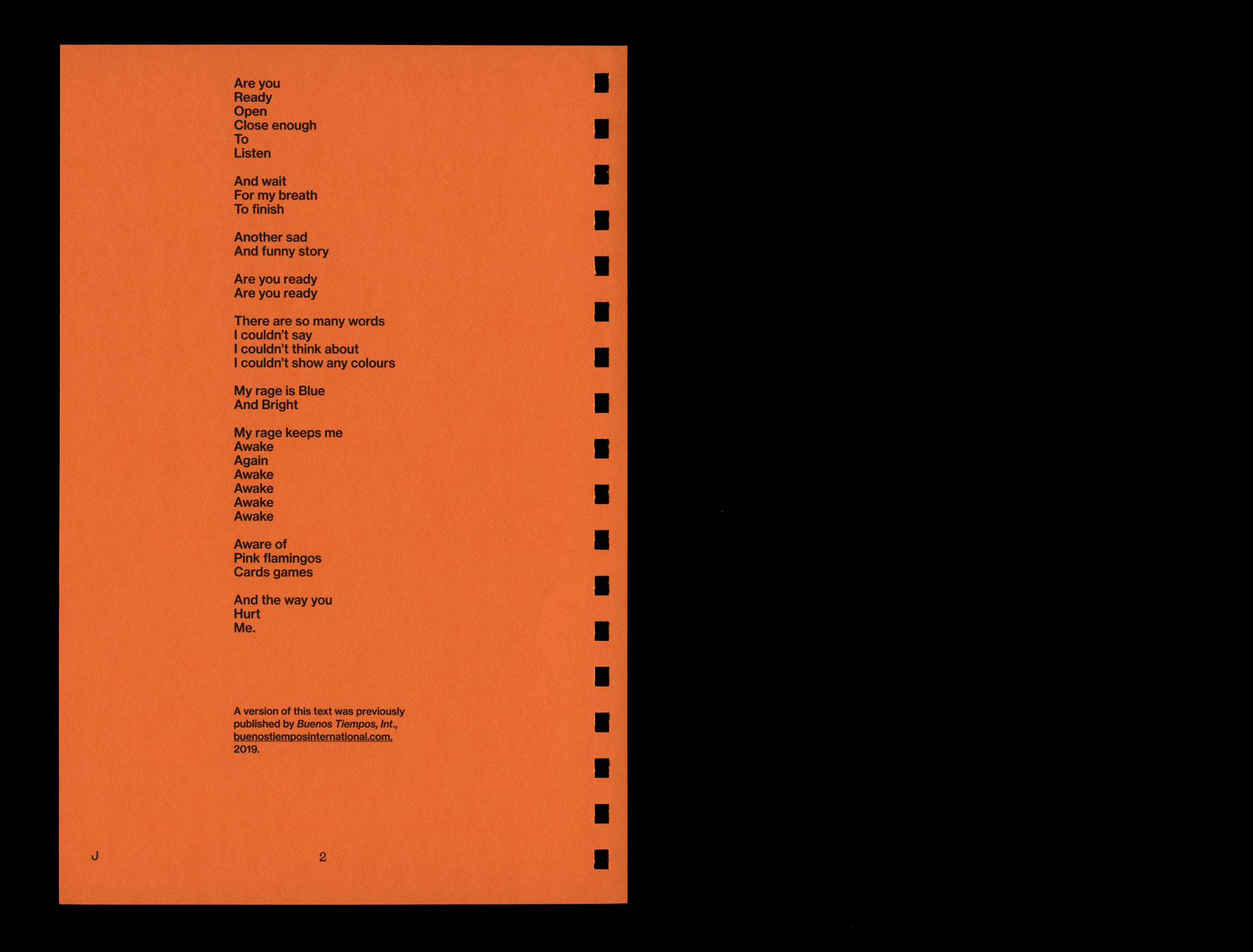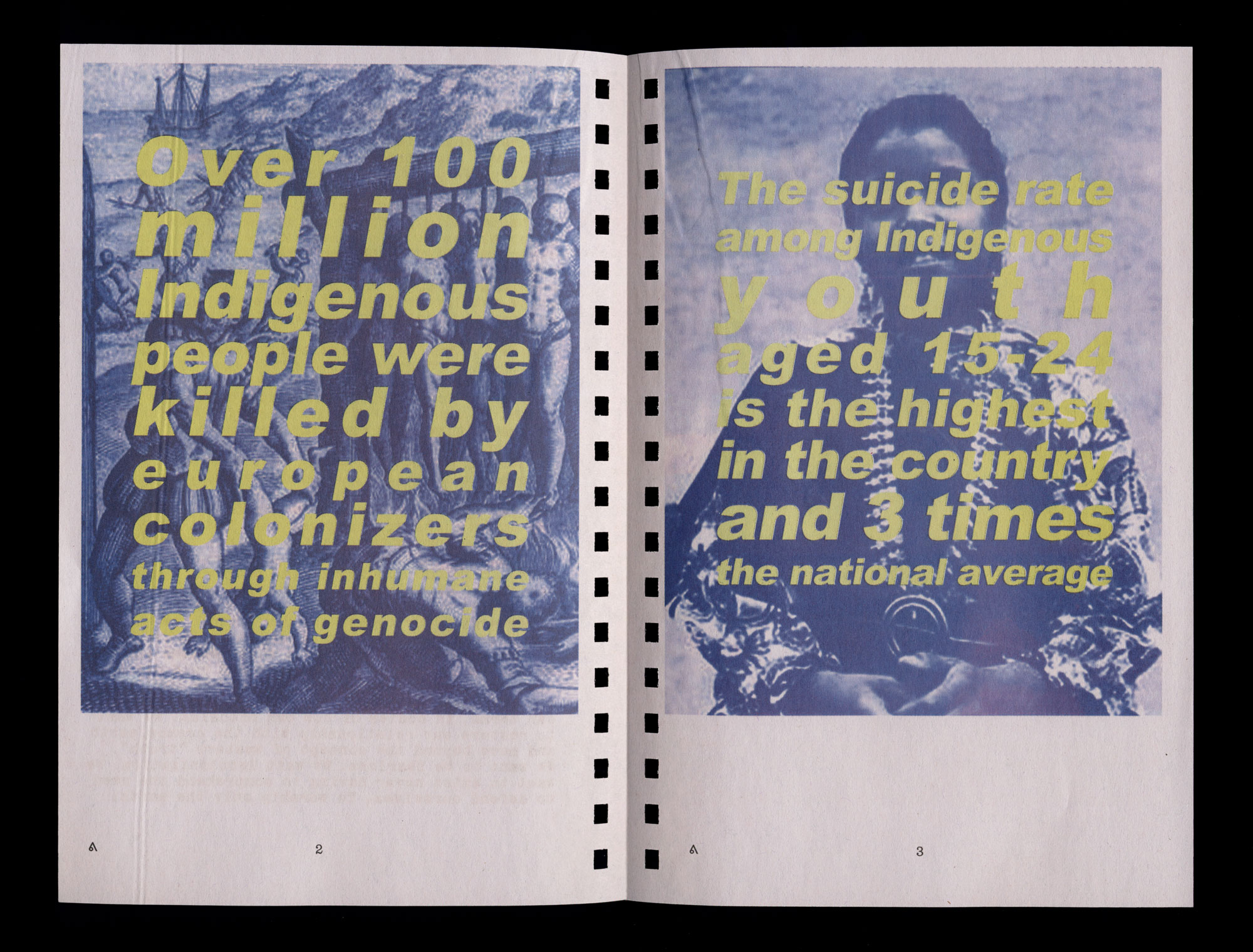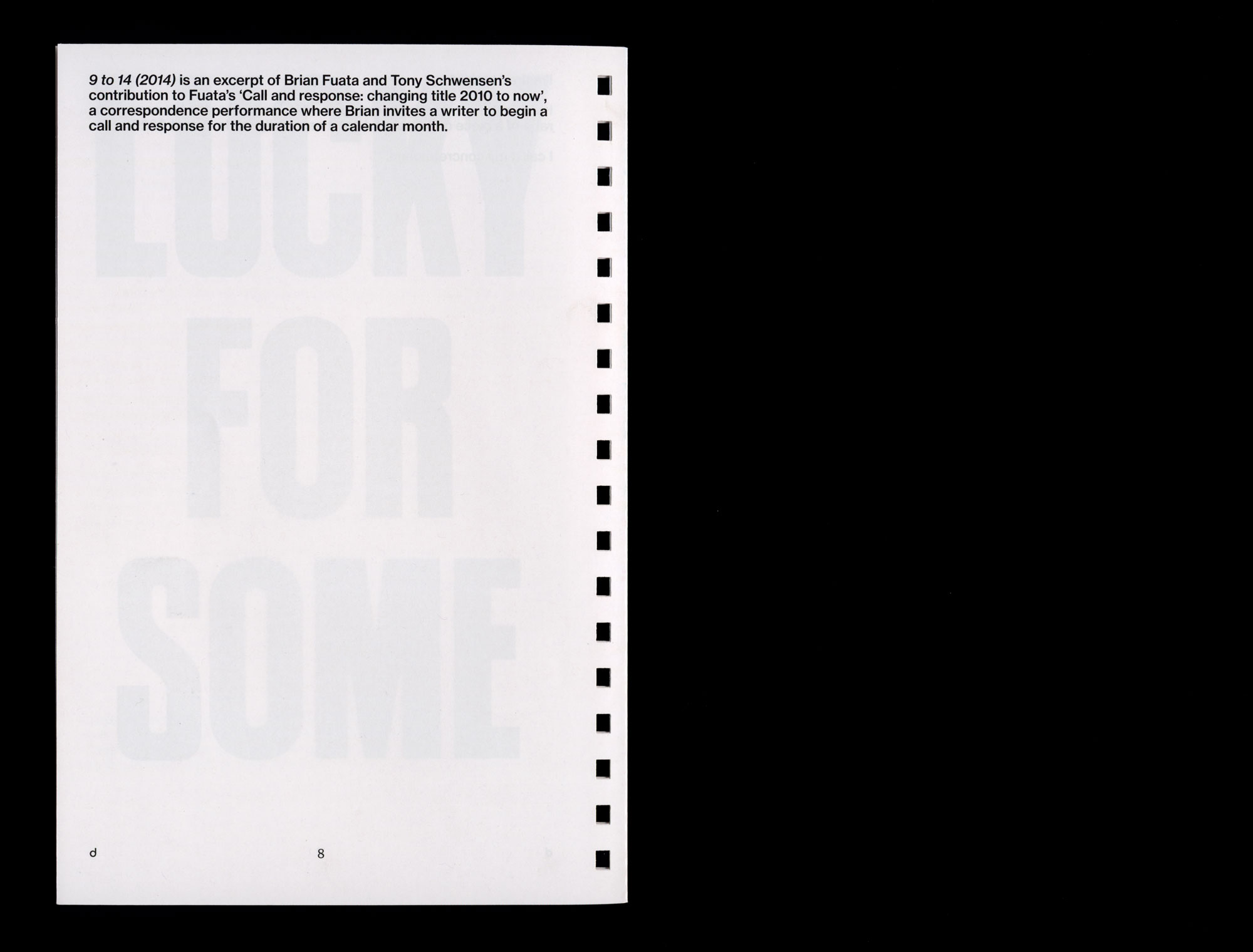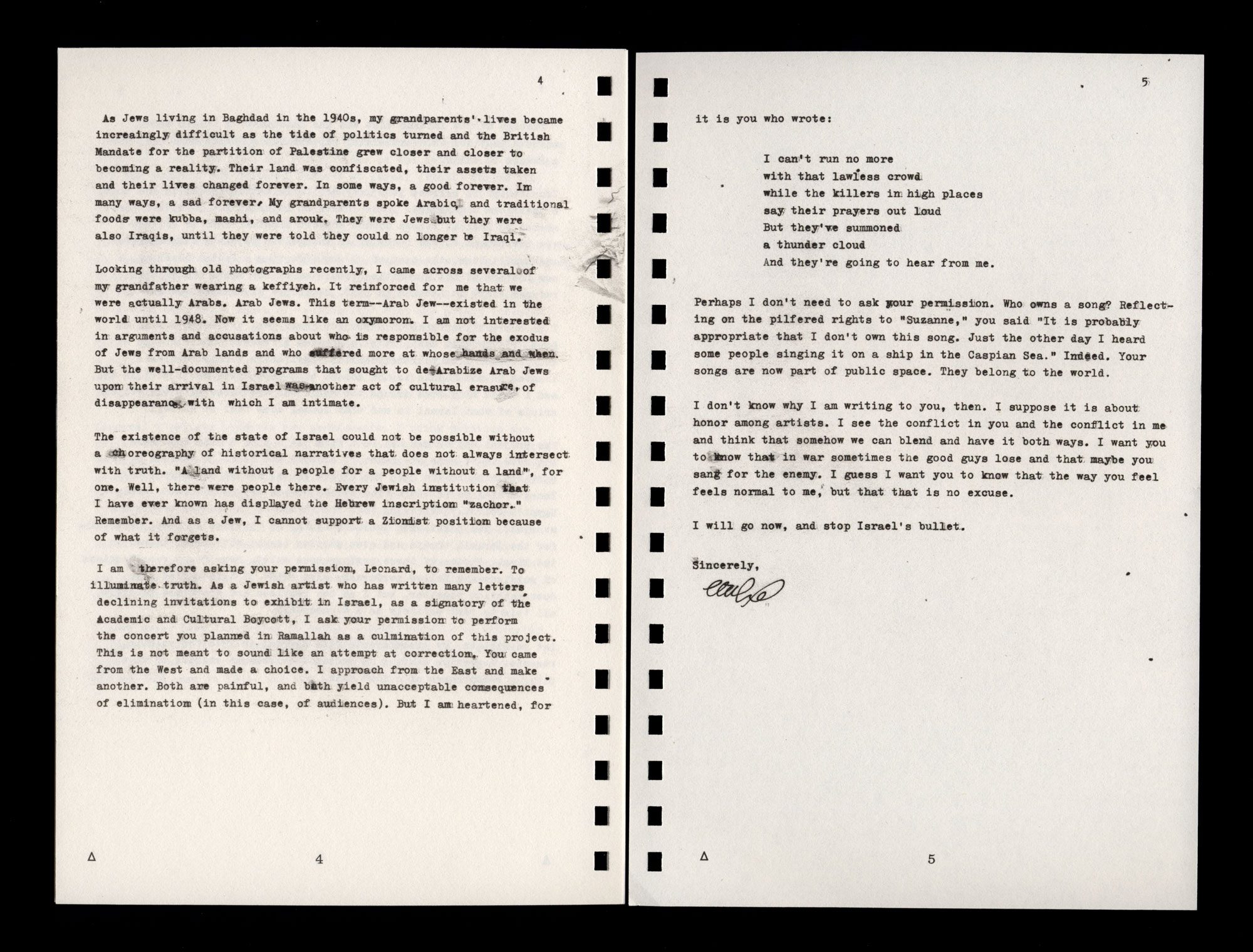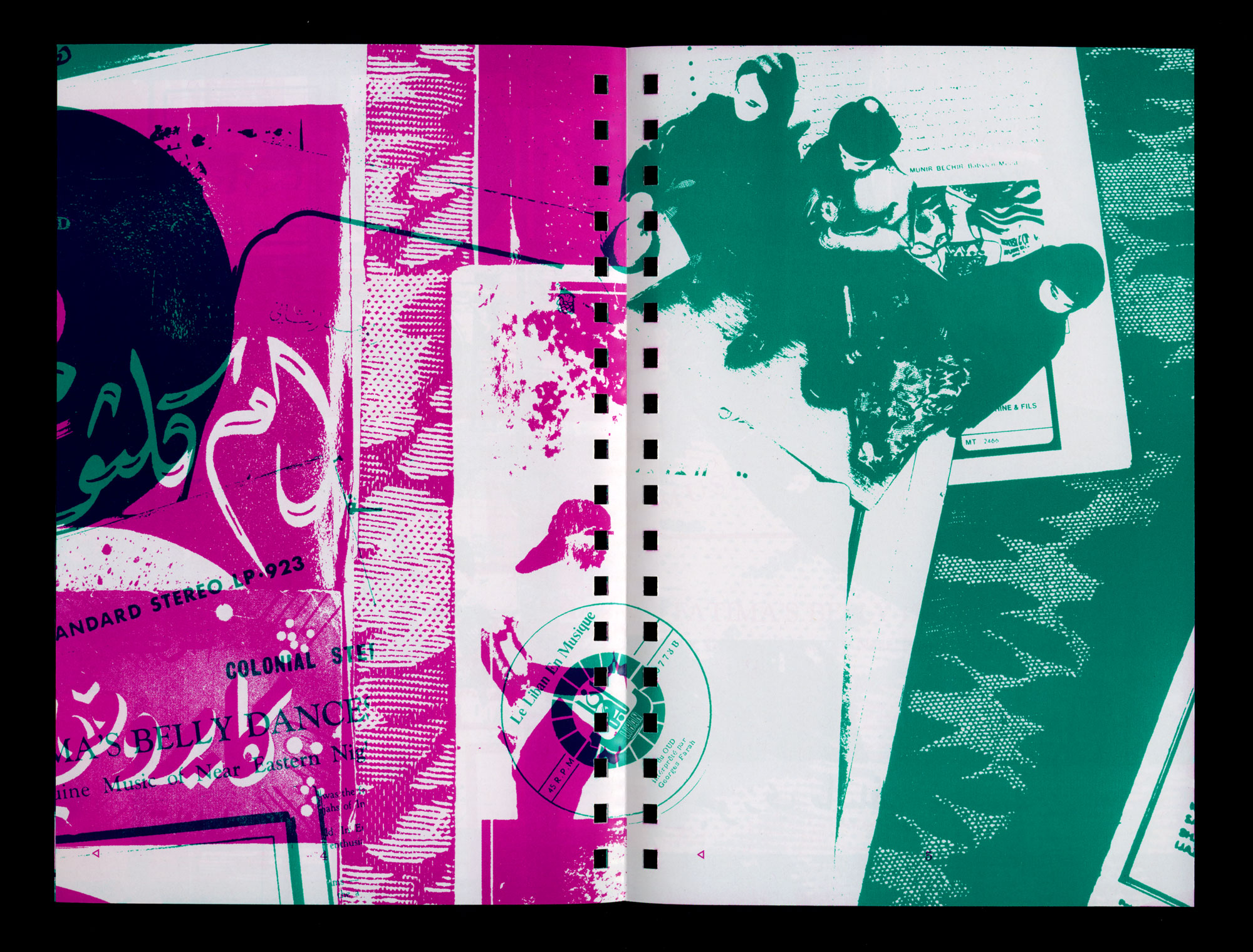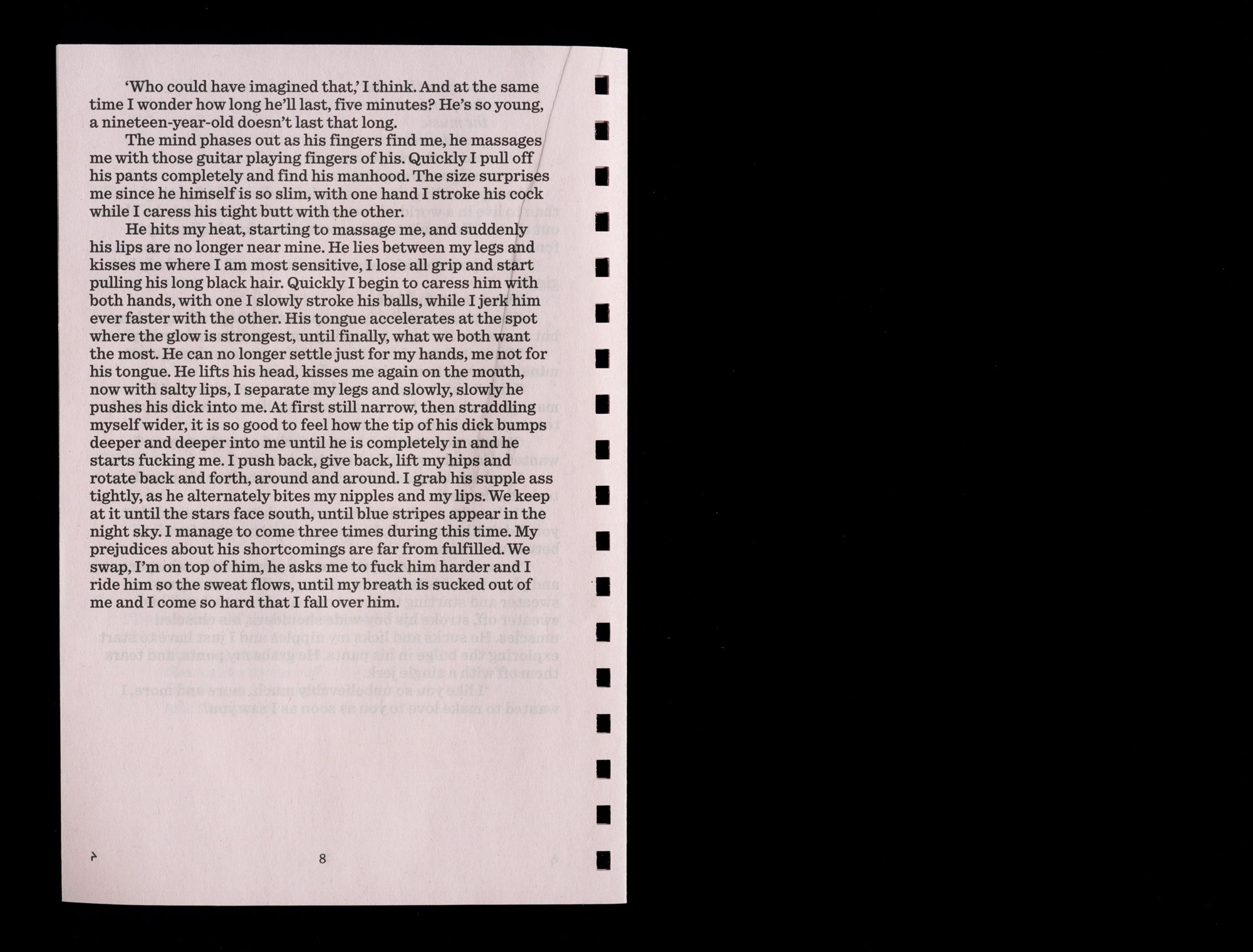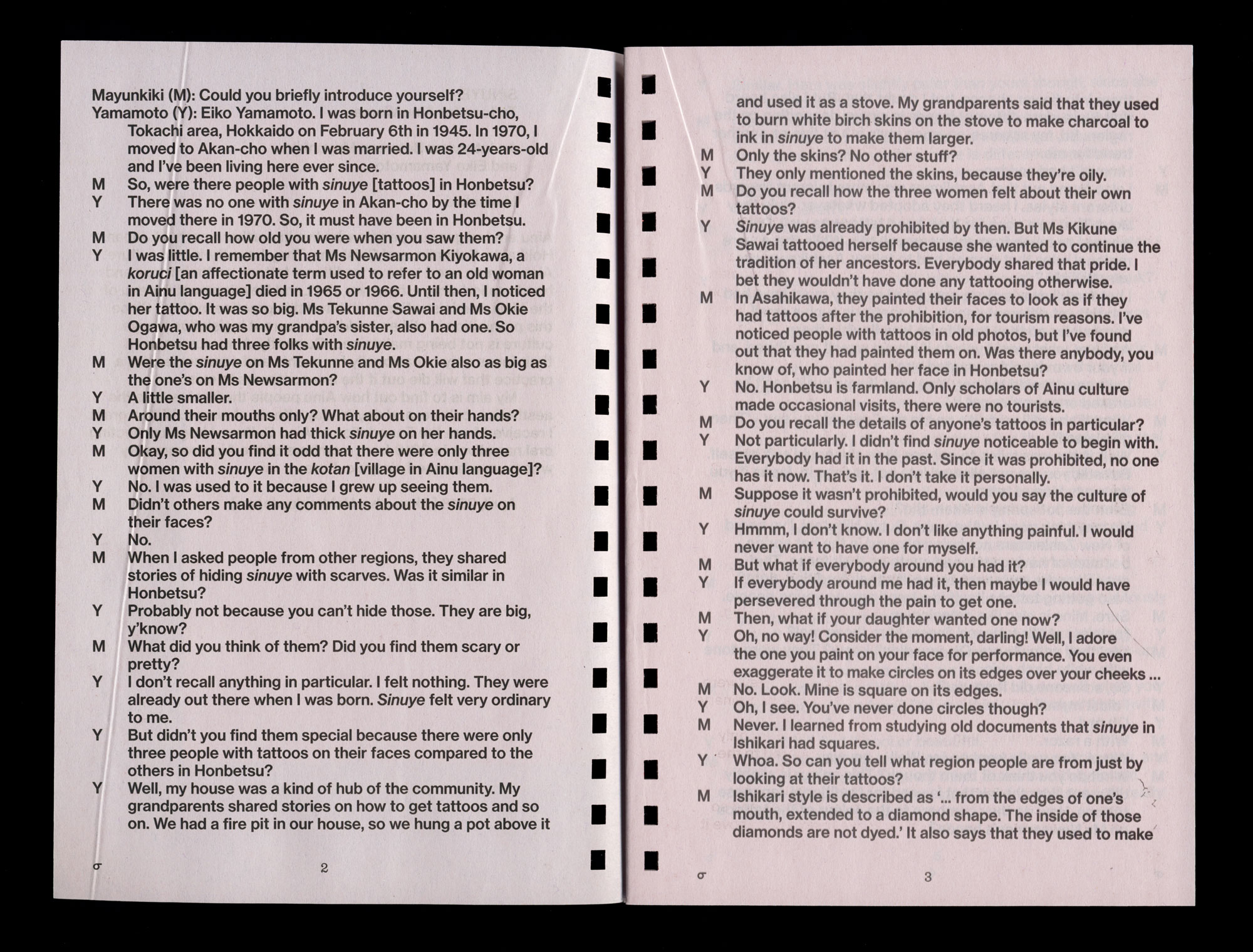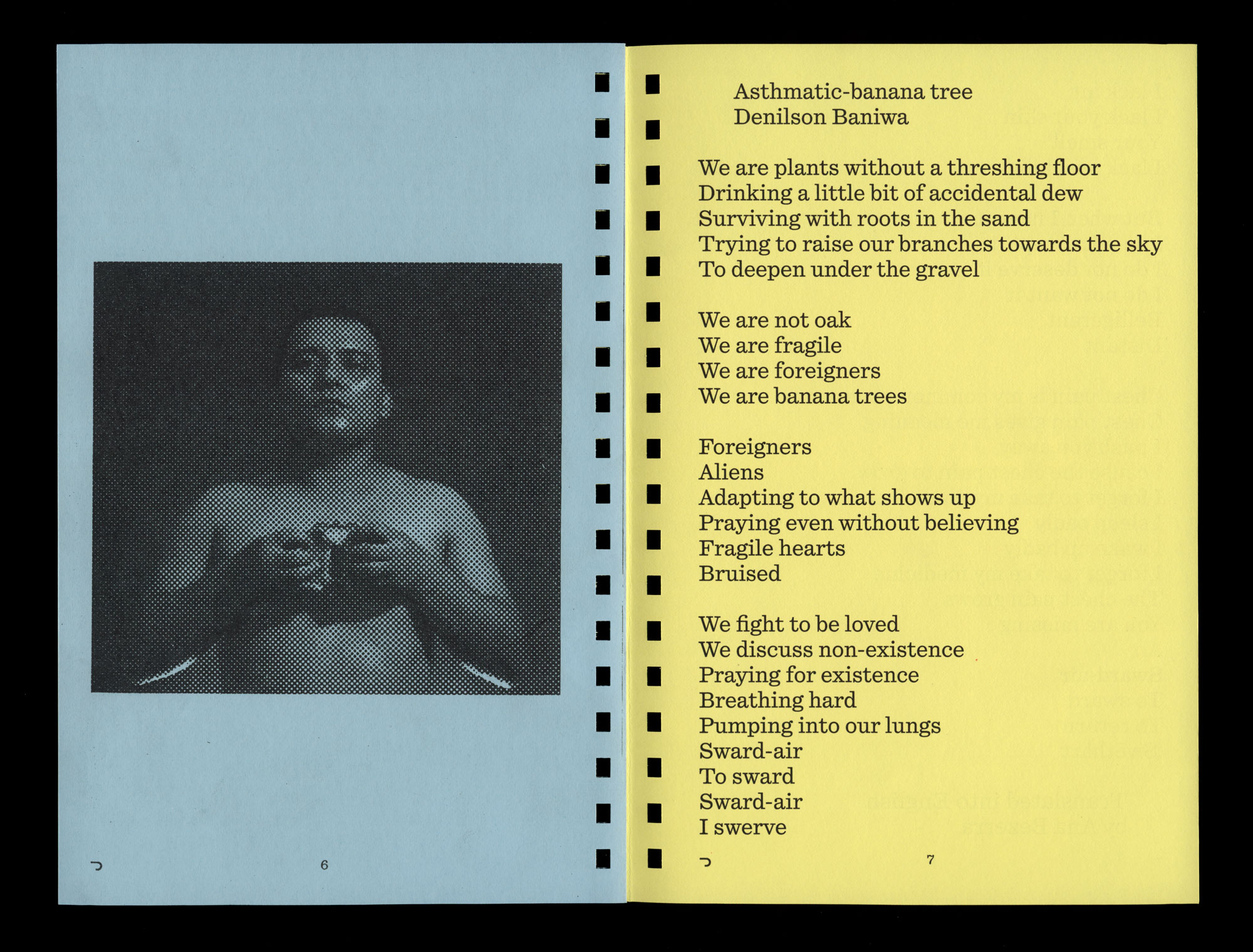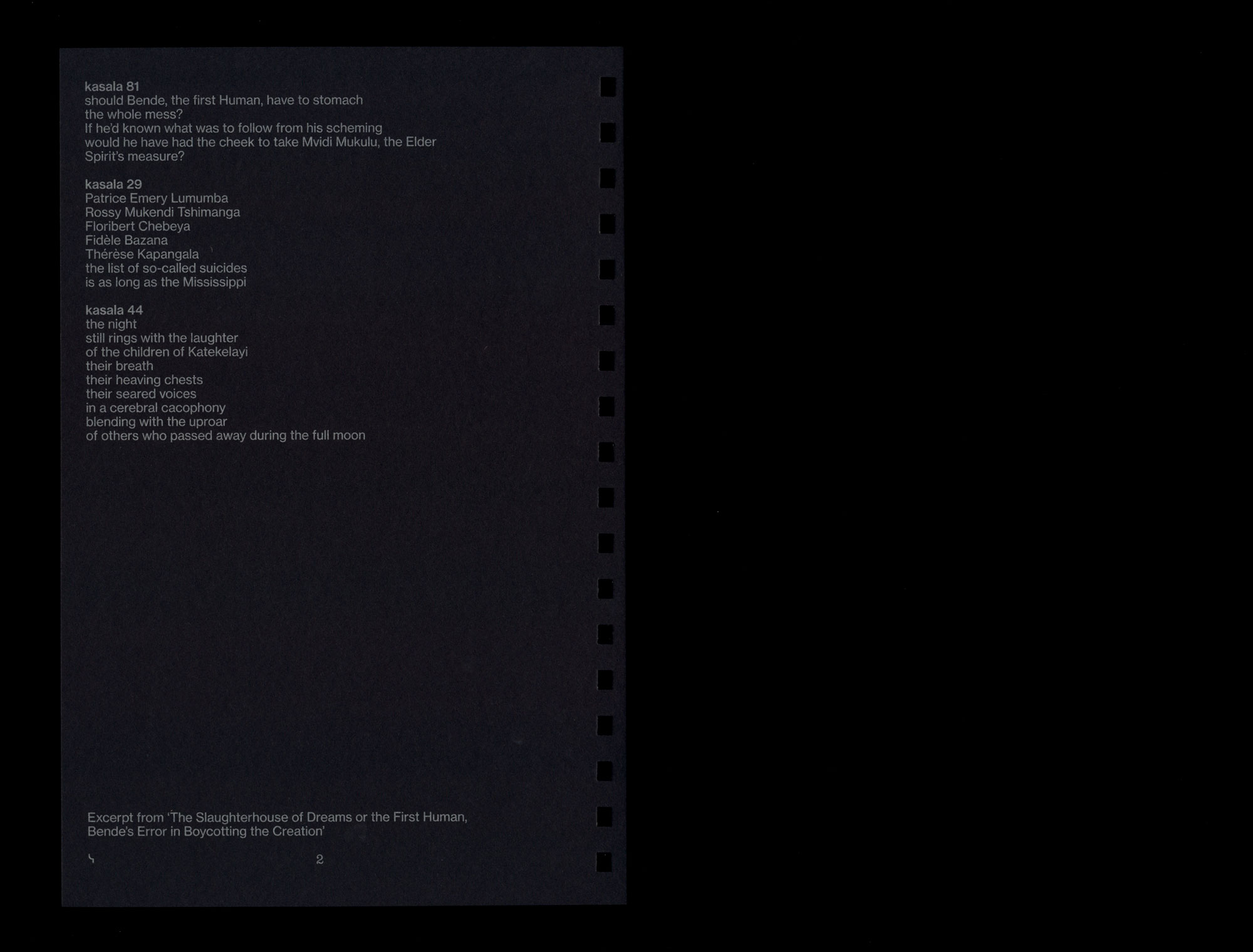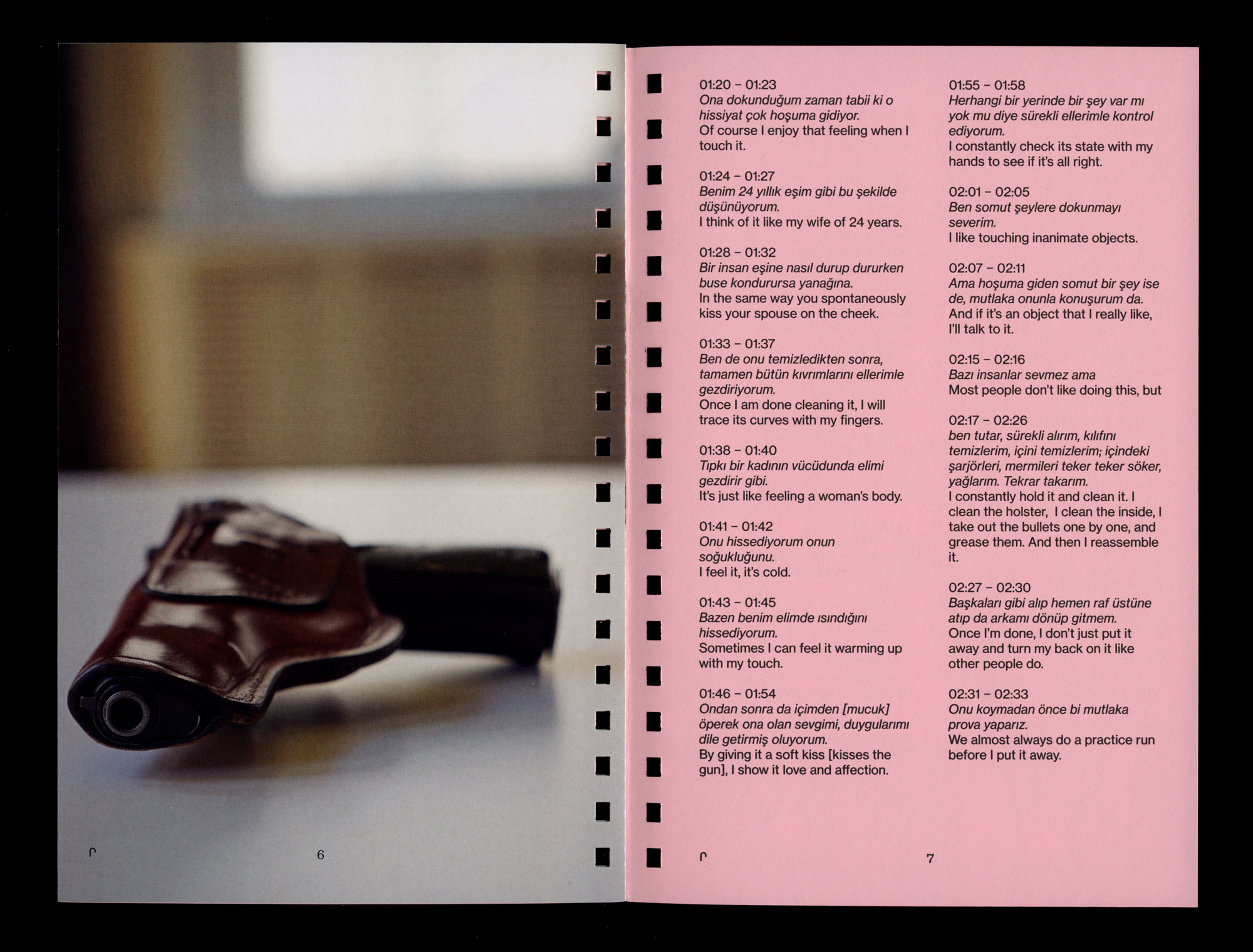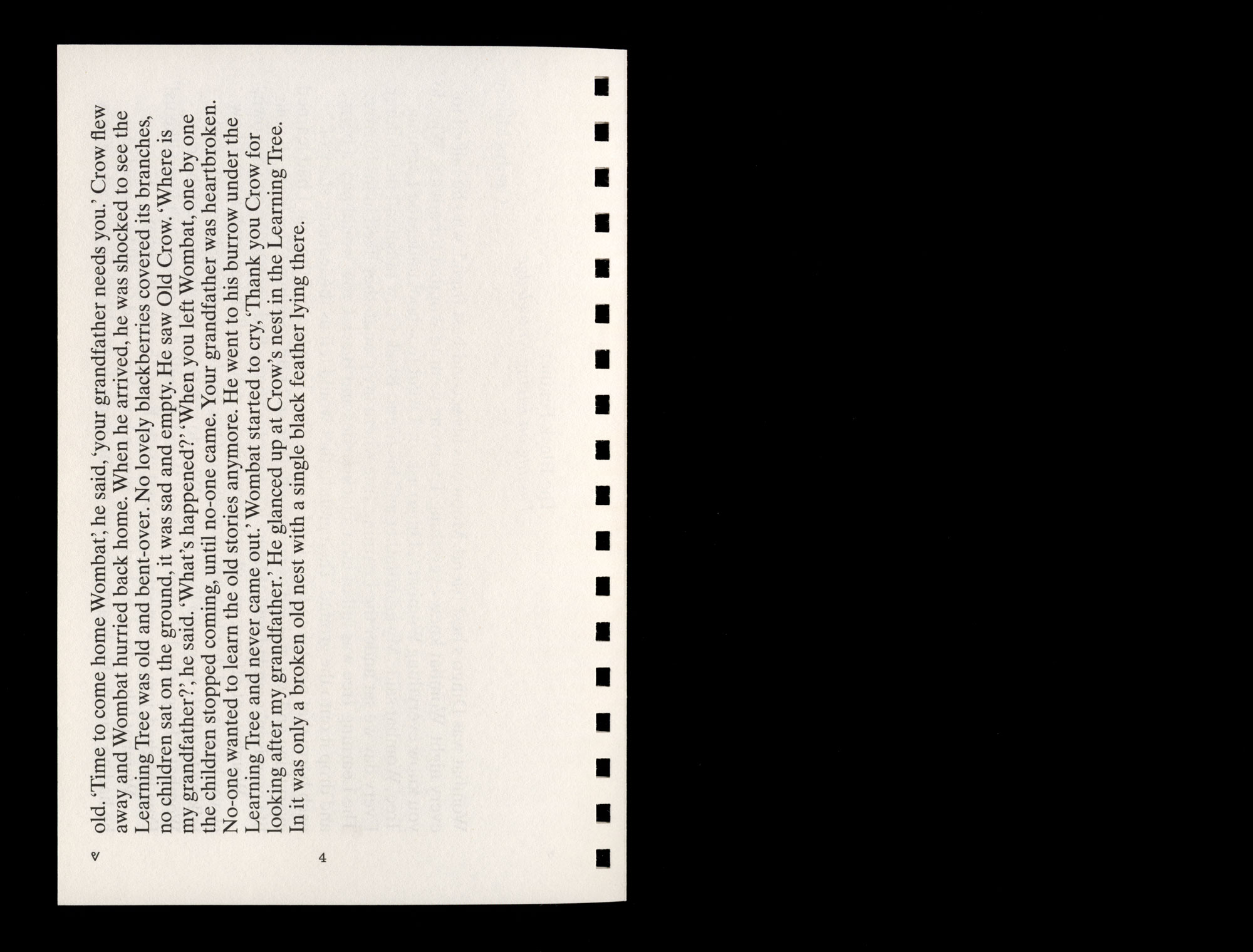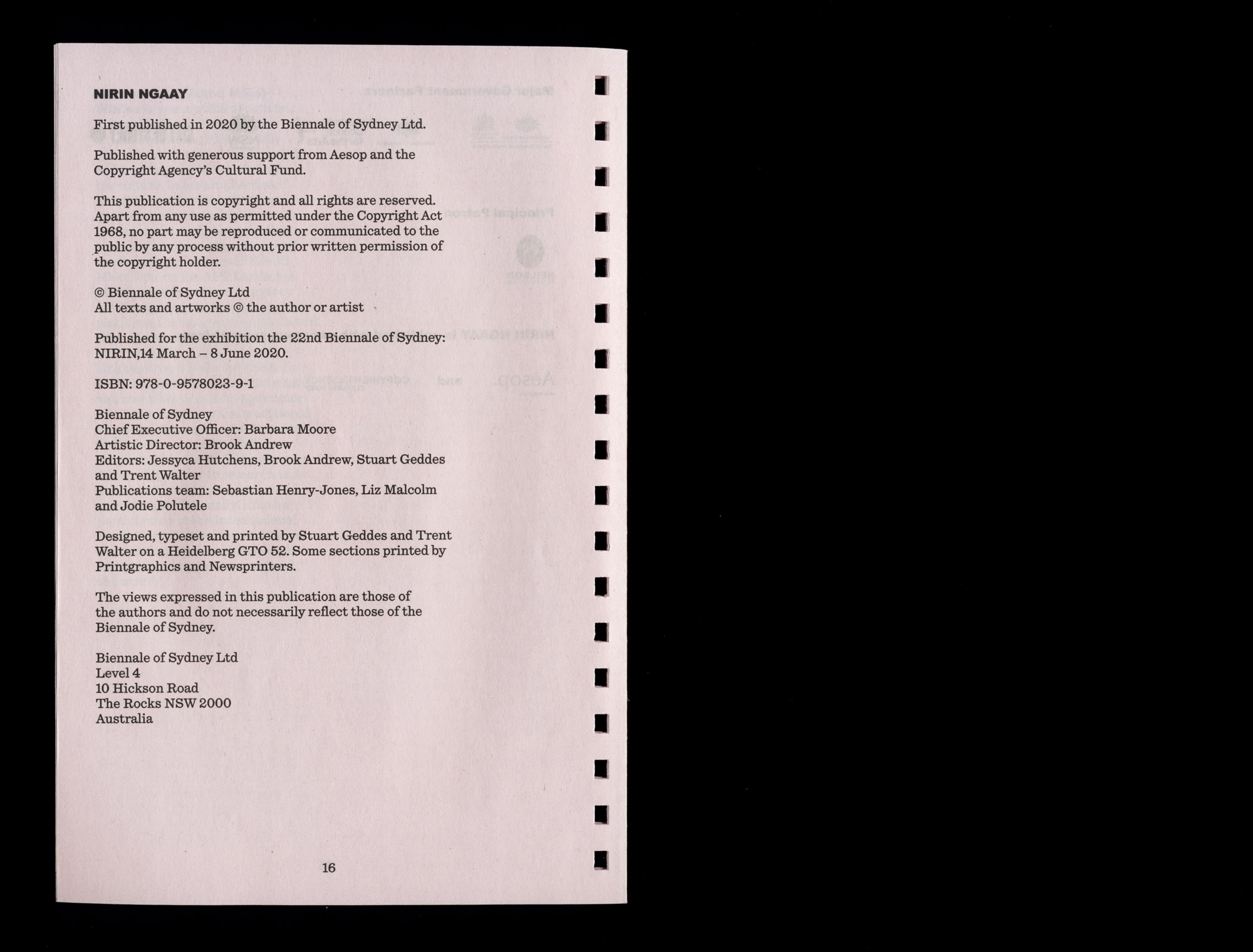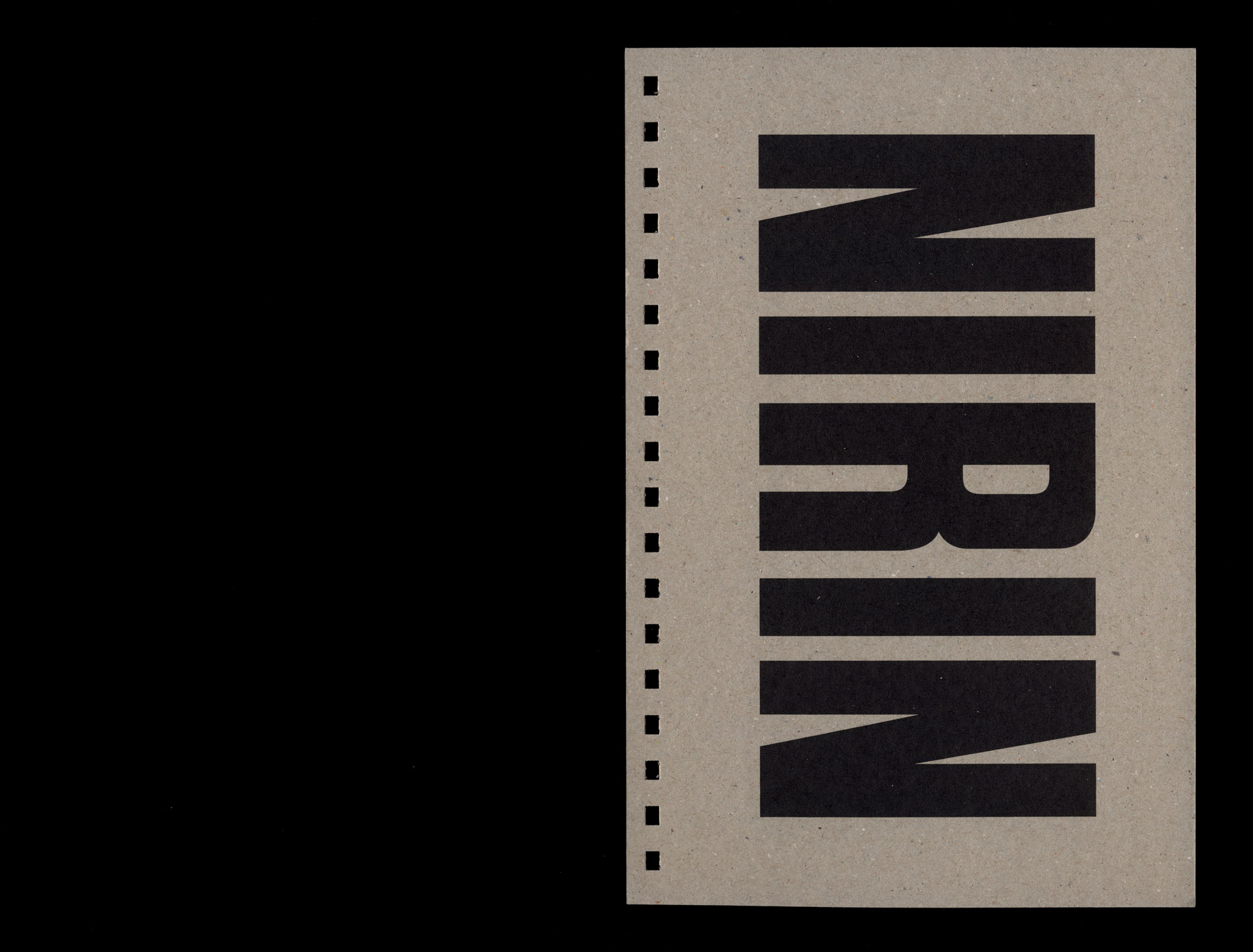walawurungku
the eagle
nyanganyi kutjupa
is watching
kutjupa wiyantjikitjangku
wanting to finish certain things
manta nguru
on the ground
palu wiya
but doesn’t
NGANAMPA TJUKURPA
OUR TJUKURPA
Tjukurpa palunya, painting malatja ngayulu walkatjunu, kutju, pipa kutjupangka. Walkatjunu ngayulu, wati kutjungku. Wati malikitja. Kutjuku Australiala iriti tjunu, wangka kutjupa Australia manta nyangatja uḻṯu, empty, terra nullius. Palu paluṟu ngunti wangkangu. Nganaṉa tjuṯa tjara tjukurpa puḻka tjara. Paluṟu ngunti wangkangi. Nganaṉa tjukurpa puḻka kanyini. Ngayulu wangkapai.
The Tjukurpa I was taught is the same message I keep putting in my paintings now. It is the same message, in different paintings. I am also writing my response to something one man once said. A man who was a stranger to this land. Many years ago, this man stated that Australia was an empty land, terra nullius. What he said was wrong. We are many people, with an enduring and powerful culture. What he said is simply not true. We people are rich in our own cultural heritage. I keep saying the same thing.
Uwa. Nganaṉa, aṉangu tjuṯangku, Tjukurpa nganampa, manta nyangangka ngaṟantja. Nganaṉa wati, munu nganaṉa alatji. Munu nganaṉa uparingayi. Like upa – weak nyinanyi. Tjukurpa nyinantja. Munu nganaṉa tjukurpangka ngaṟala, nganampa kulintjaku. Miṟi nganampa kuṉpu ngaṟantjaku because puḻka nyangatja nganampa ngaṟanyi.
We Aṉangu know the Tjukurpa on our land. The Tjukurpa is always there. Where there are key Tjukurpa sites, we are reminded of the stories. Our ancestors were strong people because they lived within the reality of Tjukurpa Law.
Munu Tjukurpa nganampa ngaṟanyi tjukuḻa tjuṯala panya. Rockhole. Palu rockhole nyara palula, rockhole nyara paluṟu ini, initjara. Ka tjitji tjuṯangku ngurkantankunytjaku ngaṟanyi, ‘Uwa ini nyangatja paluṟu, tjukuḻa nyangatja munu tjukuritja.’
Tjukurpa lies within every rockhole water source. Tjukula, or rockholes. Each rockhole is known to us, and every rockhole has a name. They are all named places. Our children know and recognise each rockhole, ‘Oh yes I know this rockhole. I know its name and the story associated with it.’
Kutjupaṟa Tjukurpa nganampa ngaṟanyi karungka. Tjukitja tjawaḻpai. Ka aṉangu tjuṯangku ngurkantjaku ngaṟanyi munu tjukitji nyangatja, kapitjara. Karu nyangatja. Karu ini nyangatja. Ka nyanga palunya, nganaṉa ini tjuṯa tjuṉa-tjuṉanyi. Rockhole. Karungka. Tjintjiṟa. Apu. Kapi tjara tjuṯa. Ka nyanga tjana ini tjara ngaṟanyi palya. Aṉangungku ngurkantjaku. Munu kulini, ‘Wai! Ngura ini nyangatja nyanga ila ngaṟanyi, aṟa nganaṉa kapi kutu. Munu nganaṉa ananyi kapi kutu.
Other places of ours that have Tjukurpa are watercourses, creeks and riverbeds, known as karu. Within these systems are key water-holding soakage areas underneath the sand. This is a karu. Each karu has a name. Each named soakage area is dug to access the water. There can be rockholes in riverbeds too. Claypan. Mountainside. Water can be found in many places. Each water source is named and known. Aṉangu recognise and know each water source. They think, ‘Oh yes! Here we are, we are close to such and such a place, with such and such story at this water source. Let’s go now to get some water.’
Munu nganaṉa kapi tjarangka wirkankupai munu nganaṉa rockhole-ngka ngaripai munu waṟu tjukutjuku tililpai. Maḻu tjuṯa, maḻu, kipaṟa, kaḻaya tjuṯa ngula ukiri pakanyangka pitjantjaku. Tjana pitjapai, ngurakutu tjana kuḻu ninti, ngura tjanampa palumpa, kapiku. Ka alatji Tjukurpa nyanga nganampa puḻka ngaṟanyi.
When we arrive near to a water source, we might camp nearby for the night, and we will light a small management fire. Kangaroos, bush turkeys and emus will come along later to eat the fresh green vegetation that regenerates after fire. They’ll be coming along to the water sources that they are familiar with, because the water sources are theirs too, they need water too. This is an example of our Tjukurpa governing behaviours.
Palu kutjupaṟa, wati tjuṯangku pailpai. Apu nyanga kutu ankunytja wiyangku wantima, manta miiḻmiiḻpa. Ka nganaṉa nguḻuringkupai. Bushfire palyalpai wiya. Waṟu tililpai wiya.
At other key sites, senior men may prohibit entry. The rocky hills thereabouts may be too sacred, and entry may be permanently forbidden. We respectfully avoid these places. Bushfires are forbidden. No fires are lit nearby.
Ngayulu panya nintiringu wati tjilpi tjuṯangku, tjamu tjuṯangku, kuṯa tjuṯangku. Munu ngayulu nintiringangi kapi tjuṯaku kuḻu. Munu pampa tjuṯa, kami tjuṯangku wangkapai. Munu inmangka kuḻu. Inmangkaya nganaṉanya aḻtipai. Nyinantjaku, tjitjiku.
The senior old men taught these rules, as did my grandfathers and older brothers. They taught me the regulations governing water sources. The senior old women and my grandmothers also taught me the Law. Law can be expressed by song too. We can be called to order by song. Children come and sit down to learn.
Ka nyara palula aṟa nganampa. Tjukurpa nganampa manta nganampangka. Tjukurpa puḻka ngaṟanyi. Tjukurpa tjuṯa – tjamu tjuṯangku ungkupai. ‘Nyangatja nyuntumpa tjamuku ngura.’ Ka kamingku wangkapai, ‘Nyangatja nyuntumpa kamiku ngura. Munu kuṉpu ngaṟama munu aṯunytjunama.’ Ka alatji nganaṉa kuṉpu tjunanyi.
These are examples of our traditional ways. Our Tjukurpa governing the laws of our land. Tjukurpa with great strength and power. Tjukurpa of great diversity, that has been handed down through the ages by our grandfathers. ‘This is your grandfathers’ country.’ Our grandmothers say, ‘This is your grandmothers’ country. Keep it strong and keep safeguards in place.’ We have ways of protecting and keeping our land safe.
Piṟanpa tjuṯangku ngurpa. Kutjupa tjuṯa ninti. Pitjalaya nintiringu munu tjana kulinu. Walypala kutjupa tjuṯangku ninti, tjukurpa tjanampa ngaṟanyi. Ka aṟa nyanga paluṟu, Tjukurpa nganampangka ngaṟanyi. Watarku tjarpantja wiya.
White people are mostly unaware of our cultural rules. Having said that, some do know. Some white people come to our lands and they learn quickly. Some white people understand cultural rules, because they observe their own cultural traditions. We too have cultural traditions and laws, called Tjukurpa. Don’t come to our land unaware of this.
Kutjupaṟa nganaṉa palya pitjapai munu nguraritja tjuṯangku waṟu tililpai, ‘Kapiku nyura palya ara!’ Ka tjana kapi tjuṯilpai, or nguraritjangku maḻu katipai, munu ungkupai. Ka tjana pukuḻpa paltja nyinapai. Watarku ankunytja wiya.
Occasionally we are welcomed to a place while the traditional owners are lighting management fires, ‘You are welcome to go to the water!’ They’ll pour some water for us, or the traditional owners might bring kangaroo meat, and give us some. They enjoy sharing their food. So be mindful when entering their lands.
Like nyangatja tjinguṟu, kutjupangku tjinguṟu, ‘Ai, manta nyangatja wiṟu! Palu uḻṯu!’ Palu ngunti wangkanyi. Manta nyangangka tjuṯa ngaṟanyi. Aṉangu tjuṯa. Tjukurpa tjuṯa. Tjukuritja tjuta. Nyara paluṟu ngaṟanyi. Ka nganaṉa Tjukurpa nyanga paluṟu tjananya kanyira, nganaṉa kuṉpu ngaṟanyi.
Let’s say, someone might exclaim, ‘Hey, this is a beautiful place! Yet this is an empty land!’ But they are wrong. This land is rich and full. Full of Aṉangu. Full of Tjukurpa. Full of ancestral spirit. It is all here. We are each responsible for our own Tjukurpa, but are collectively strong.
Tjana tjinguṟu ankupai ngura miiḻmiiḻpa-kutu, nguraritja mulapa kutju. Munu tjana ngura paṯu tjunkupai munu tjana tjitji pailpai, ‘Waṟu tilintja wiya! Ankunytja wiya!’ Ka wati tjilpi tjuṯangku kutju, nguraritja tjuṯangku kapi mantjilpai. Munu nyaratja paltjalpai, ungkupai.
People in charge regularly visit their sacred sites, but only the absolute traditional owners. They maintain the regulations over the distant places and remind children, ‘Do not set fire to the bush! Stay away from that place!’
Kutjupaṟaya mirapai munu aaḻpiringku wangkapai. Early bird pakaṟa wangkapai. ‘Kutju para ngaṟantja wiya! Ngura paṯu kutu ankunytja wiya! Ngurangka nyinama!’ Tjinguṟu watingku punkuku. Wakalku. Kulypalpa tjuṯangku putu paini. Kuṯa tjuṯangku kutju.
On occasion people may be shouted at, or sternly addressed during aaḻpiri public speeches. Early birds wake up and begin the aalpiri speeches. ‘Don’t go bush by yourself! Don’t go wandering off to distant places! Stay near home!’ This is because men are out hunting with spears, and could kill people. Spear them to death. One’s uncle cannot give commands like that. Only the older brother can.
Ka Tjukurpa nyanga paluṟu, change-iringkunytja wiya. Still ngaṟanyi, wiṟunya.
These cultural rules have not changed. They are still in operation, I’m glad to say.
Manta nyangaku Tjukurpa kuṉpu. Nyara palula nganaṉa wangkanyi. Manta nyangaku Tjukurpa kuṉpu. Tjitji malatja maḻatja nintiringkula kuṉpu kanyintjaku. Paḻuru ngayulu tjunkunytjikitja mukuringanyi.
The Tjukurpa Law of the land is still strong here. We still talk like this. The Tjukurpa of the land remains strong and true. We want our future descendants to learn to be strong children. It is for them that I want to write my story.
Tjukurpa nganampa puḻka ngaṟanyi aṯunymankunytjaku ngura miiḻmiiḻpa, miiḻmiiḻpa tjuṯa, munu tjitji tjuṯa nintintjaku. Ngura miiḻmiiḻpangka itingka waṟu tilintja wiya, wantintjaku. Tjukurpa nganampa kuṉpu. Nguraritjangku kutju ngura kanyilpai, munu Tjukurpa.
Our Law is the authority we draw on to actively protect our sacred sites, our numerous sites of significance, and to teach the younger generation to never allow fires to burn near any sacred site. Our Law is potent and strong. The traditional owners are responsible for their land and their Tjukurpa.
Tjinguṟu piṟanpa kutju pitjanyi – paluṟu ngurpa – paluru ngunti walytjaringanyi, munu nganampa ngura – nganampa Tjukurpa upaṉi.
Let’s say a white person arrives on our land – they are ignorant of our Law, and yet they claim a kinship to us and our land – thus diminishing the value of our Tjukurpa Law.
Palu wati malikitja pitjala nguraritja tjuṯangka tjapini – wati tjilpi tjuṯangka munu minyma pampa tjuṯangka – tjapilpai, ‘Ngayulu palya ngura nyangangka wirkaku?’ Panya nguraritja tjuṯa, paluṟu tjana key kanyini, munu aḻaṉi. Aṉangu tjuṯa tjarpaṟa aṉangu malikitja tjarpaṟa munu nintiringanyi. Palumpa way wiya – paluṟu tjana nguraritjaku way. Munu ngura ngurkantankunytjaku.
But if a strange man comes to us and asks the traditional owners – the senior elder men and the senior elder women – asks, ‘Is it acceptable for me to enter your land?’ If he asks the right traditional owners, then they are the ones who hold the key, and the right to open the way to visitors and strangers, to enter and to receive intelligence. The way in is not that man’s right – it is the way in as determined by the traditional owners. They know the natural, cultural and social values of the site.
Kuḻṯukata wiya. You can’t go kuḻṯukata. You gotta go tjukaṟuru.
You can’t take a short cut with this. You must not take any short cuts. You must take the straight and narrow path according to the Law.
Nguraritja tjuṯa kutju, wati tjilpiku ngura kutjupa tjuṯa kutu sellamilantja wiya. Kuṉtangka. Palya wiya nyangatja. Tjukurpa nganampa tiṯutjara ngaṟanyi. Maḻatja maḻatja tjuṯaku. Tjitji tjuṯaku. Kungka tjuṯaku.
None of we traditional owners of this land are authorised to sell any part of our land. What a shameful thought. It would be unthinkable. Sacred power is eternally potent in the landscape. It will be the inheritance of children of the future. All our children, all the girls.
Ka aṟa irititja nganampa tjukurpa wiyaringkunytja wiya. Ngaṟanyi. Nganaṉa piṟuku uṯinytjaku, you know, like, nyaa puṟunypa, like Aliwanyuwanyu-nya ka nganaṉa nyangu, ‘Ai, mina wiya.’ Palu nintiku tjana, iriti, ‘Tjawala!’ Ka tjawaṟa mina ngalya pakaḻpai, ka tjanampa nyiinyii, tjanpi nyiinyii tjunkupai ka mina palula nguṟu wiṟunya, clear pakaḻpai.
Much of our traditional lifestyle has not disappeared. It remains strong. There are so many important skills we continue to impart, you know, for instance, like, say, at Aliwanyuwanyu waterhole. If we see it and someone says, ‘Oh, it’s empty,’ someone with the old knowledge will say, ‘Well, dig down then!’ If we dig into a waterhole, water will rise into the hole, and if we place a filter pad of nyiinyii grass on the surface, it will make the water crystal clear.
Ka Tjukurpa nganampa wiyaringkunytja wiya. Nganaṉa aṟa nyara palunya uṯinytjaku, yangupala tjuṯa alpamilantjaku, you know, aṟa nganampangka kulintjaku.
Our Tjukurpa Law is not ending. We convey our Law messages to our young men to help them along in life, you know, so that they always have the old knowledge around them.
KULILAYA MUNUYA NITIRIWA
LISTEN TO US, AND LEARN FROM US
Panya ngayulu nyanganyi tjitjingku iriti like nganampa tjamu tjuṯa munu Pitjantjatjara tjuṯa waṯi tjilpi tjuṯa munu Yankunytjatjara panya paluṟu tjana tjukurpa kutjungka nyinanyi. Tjuṯa tjara wiya.
Many years ago, when I was still a little boy, I used to observe my grandfather and all the other senior and wise old Pitjantjatjara and Yankunytjatjara men living by the one Law. Not according to any individual whim.
Munuya pukuḻpa nyinanyi munuya manta aṯunymanangi, tjanampa, munu tjana ankupai tjanampa ngura kutu. Munuya tjitji tjuṯa katipai munu-ya nintilpai, tjanampa ngura tjana ngula aṯunymankunytjaku ngura palumpa tjanampa.
They were content and fulfilled in their lives, managing their country, living on their own land. They always took the young children around the land, teaching them everything about it, so they in turn would care and protect it.
Ka panya tjana iriti tjilpi munu pampa tjuṯa paluṟu tjana kuṉpu ngaṟanyi. Kuṉpu ngaṟangi munu paluṟu tjana pukuḻpa nyinangi. Pukuḻpa nyinangi munuya aṯunymankupai, ka rawa nguwanpa nyinara ngayulu nyiiṉkaringu, munu watiringu.
Back then, the wise old men and the wise old women were dynamic and strong. They were vigorous and healthy too. They were vigorous in their caring for their country, and I observed this all through my childhood, youth and early manhood.
Munu ngayulu nyangu tilpi tjuṯangkuya mantjinu manta, panya kapmantangku tjananya ungu Itjinpirila. Ka ngali yangapalangku nyinangi nyara palunya. Ka tjananya ungu, one side wiya, palu kapmanta paluṟu pitjangu, ka tjiḻpi tjuṯangku katingu puṯi kutu munu nintinu.
I witnessed the senior old people win back the rights to their own land, which was returned ceremonially by the government, at Itjinpiri. We young men watched it all unfolding. We saw how the government gave back the land to its rightful owners after being taken out into the bush country by the old men and shown places.
Ka kapmanta nintiringu munu kulinu, ‘Ai, mulapa, tjanampa tjukaṟaru ngaṟanyi.’ Munu tjananya kalkuṉu unkunytjikitjangku Land Rights Act. Munu ungu palu paluṟu wangkangu, ‘Kulinma, waḻawurungku puṟunypa nyanganyi, katu nguṟu nyanganyi tjulyantjaku tawara.’
Once the government had seen and learnt certain facts, they realised then, ‘Hey, this mob are speaking the truth.’ That’s when they made the promise that they would return the land in the form of a Land Rights Act. They did this, saying, ‘Listen, this will protect you like an eagle flies high above the land, seeing all, ensuring it is not stolen from you.’
Ka palula nguṟu ngayulu tjukurpa ngayuku walkatjunanyi painting-ngka, ngura winkingku nyakunytjaku munu kulintjaku, ‘Munta mulapa tjanampa aṟa munu wangka munu ngura.’ Nganaṉa nganampa wangka wiya ngarinyangka nganaṉa wiya, weak, ngura nganampa wiya ngaṟanyangka nganaṉa puṯu kulini, palu ngura nganampa puḻka, tjukurpa puḻka.
For all these reasons and more I have been documenting my cultural life in paintings, so that people everywhere can see them and hopefully come to realise, ‘Oh we see, now we understand a bit more about their lives and history, their language and their homes.’ Our language is not dead; we are not weak people, we are not without land and we are not without culture; on the contrary, our culture is incredibly strong.
Manta nganampa nyaa tjukurtjara. Tjukurpa tjara.
Our land is filled with deep cultural heritage and Law. This is our Tjukurpa.
WAṞU PITJANTJA
THE WAY FIRE WAS RETURNED
Ka wiṟunya ngayulu main one kulini panya waṟu palunya waṉingu Watarru-lakutu, ka tjuṯaringu, ngura tjuṯangka. Ngaḻṯutjara.
This is one of the main traditional stories I think about the most, how the fire was brought back to Watarru and came back across the whole land. What a wonderful story.
Panya Kipaṟangku, waṟu kutitjunu. Munu paluṟu waṟu kutitjunkula anu, ngura Yalatala itingka. Munu paluṟu uṟungka tjarpangu. Tjinguṟu kuwari waṟu wiya ngaṟama, palu Nyiinyii wakalpai kutjarangku, waṯi kutjarangku, paluṟu pula waṉaṟa alatjiṯu waṟu pala palunya mantjinu.
The bush turkey stole the fire. He stole that fire and he took it all the way to a place near Yalata. He took it into the ocean. Let’s say there is no fire anywhere. Then two Zebra Finch men spear him. They’d followed him and they managed to get the fire back.
Panya ngura tjuṯangka kutu waṉingu ka kuwari waṟu pula ngaṟangi. Ka pala puṟunypa, nganampa tjukurpa, like waṟu puṟunypa. Waṟu puṟunypa nganampa kutjantjaku tjana kuliṟa nintiringkula tjana untjunpa nyinanytjaku, pukuḻpa. Ka waṟu wiyangka nganaṉa tjituṟutjituṟu. Tjukurpa wiyangka nganaṉa uparinganyi.
They threw the fire across the land, and so the fire returned again. This is an example of one of our Tjukurpa stories, the way the fire was returned. This is how we would like our message to reach the world, to spread like fire burning across the land, wouldn’t that be wonderful. Without fire, we are cold and miserable. Without our Tjukurpa we are weak and powerless.
Pala puṟunypa ngayulu tjukurpa ngayuku, tjananya ungu, tjukurpa Land Rights Act, tjukurpa maḻaku unkunytja tjananya, ungu manta wiṉki. Palu tjinguṟu kutjupangku kutitjunanyi, waṟu puṟunypa. Ka nganaṉa waṟaṟa maḻaku-ngku mantjini munu tjunanyi tjitji tjuṯaku nyakunytjaku. Panya paḻuru palya.
That is also how our own story unfolded, how our Land Rights Act came back to us, and the land given back to us, the rightful owners. However, we all know that our land can be stolen away from us in an instant, just like the fire was stolen. So those of us that were there to receive our land back, keep holding onto it as strongly as we can, and we are documenting it so that our children can read and learn their own history. This is a good thing.
This contribution is an excerpt from Mumu Mike Williams, Kulinmaya! Keep listening, everybody!, Allen & Unwin, Sydney, 2019, pp. 32–44, and pp. 190–91. These excerpts were chosen by Tuppy Ngintja Goodwin and Sammy Dodd. English translation by Linda Rive







